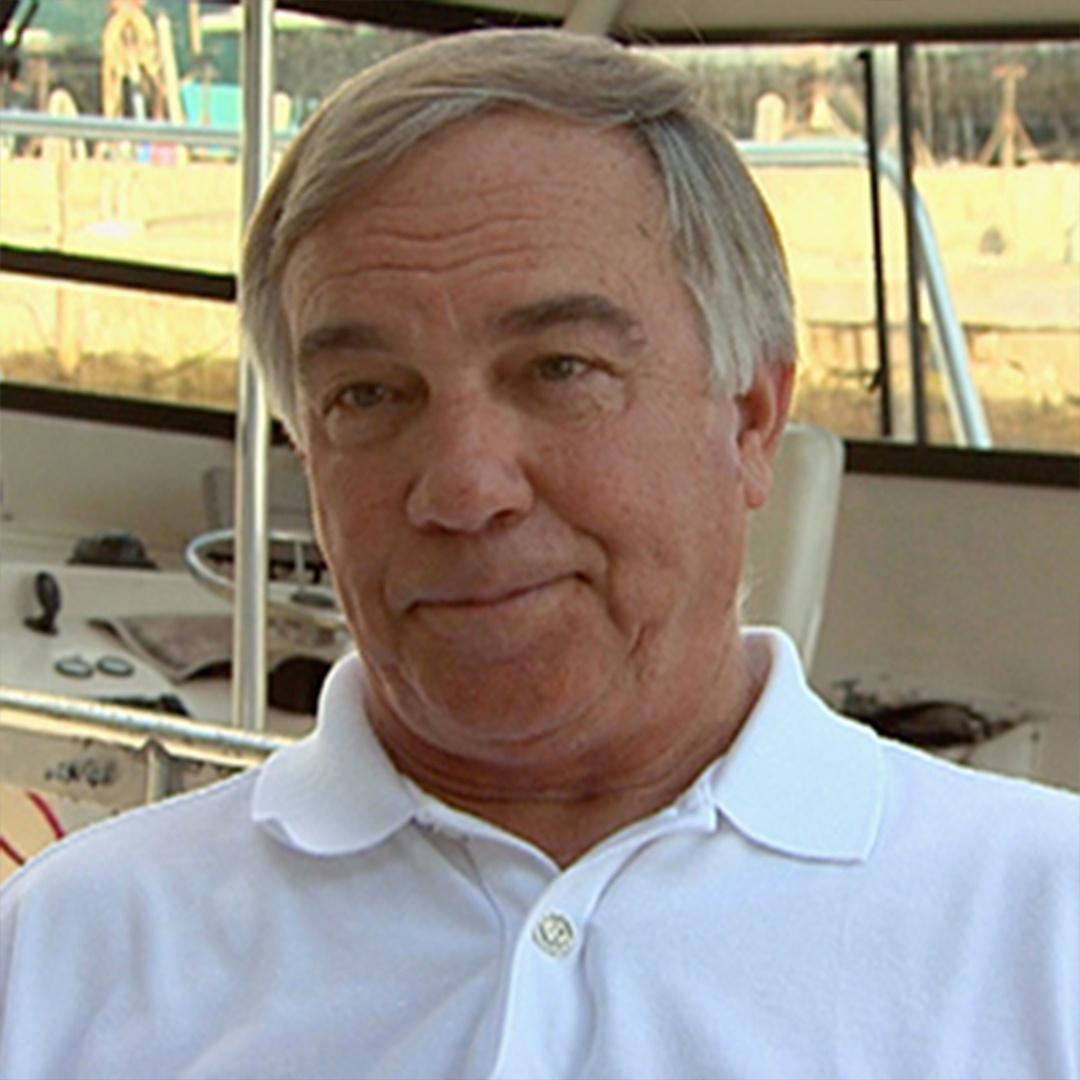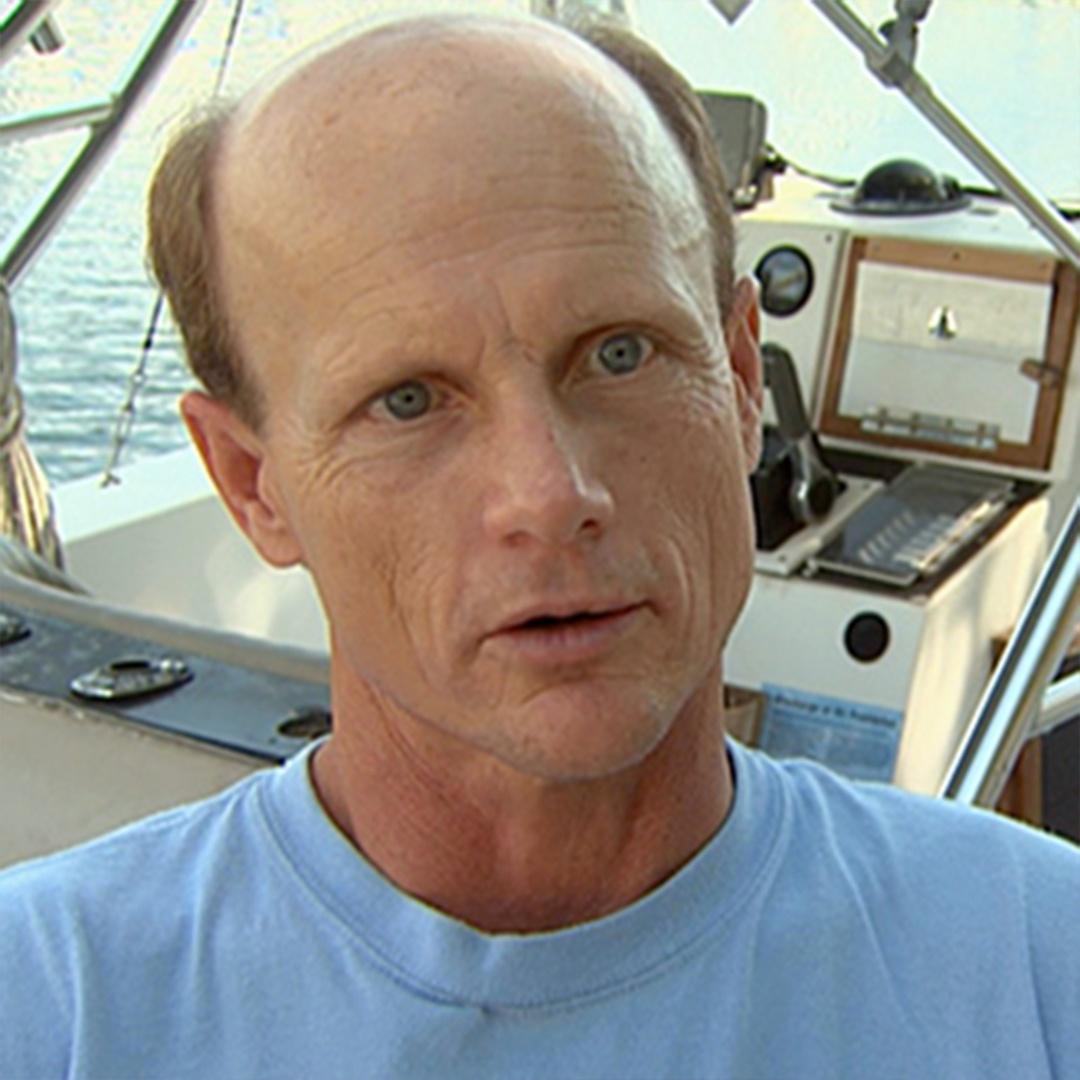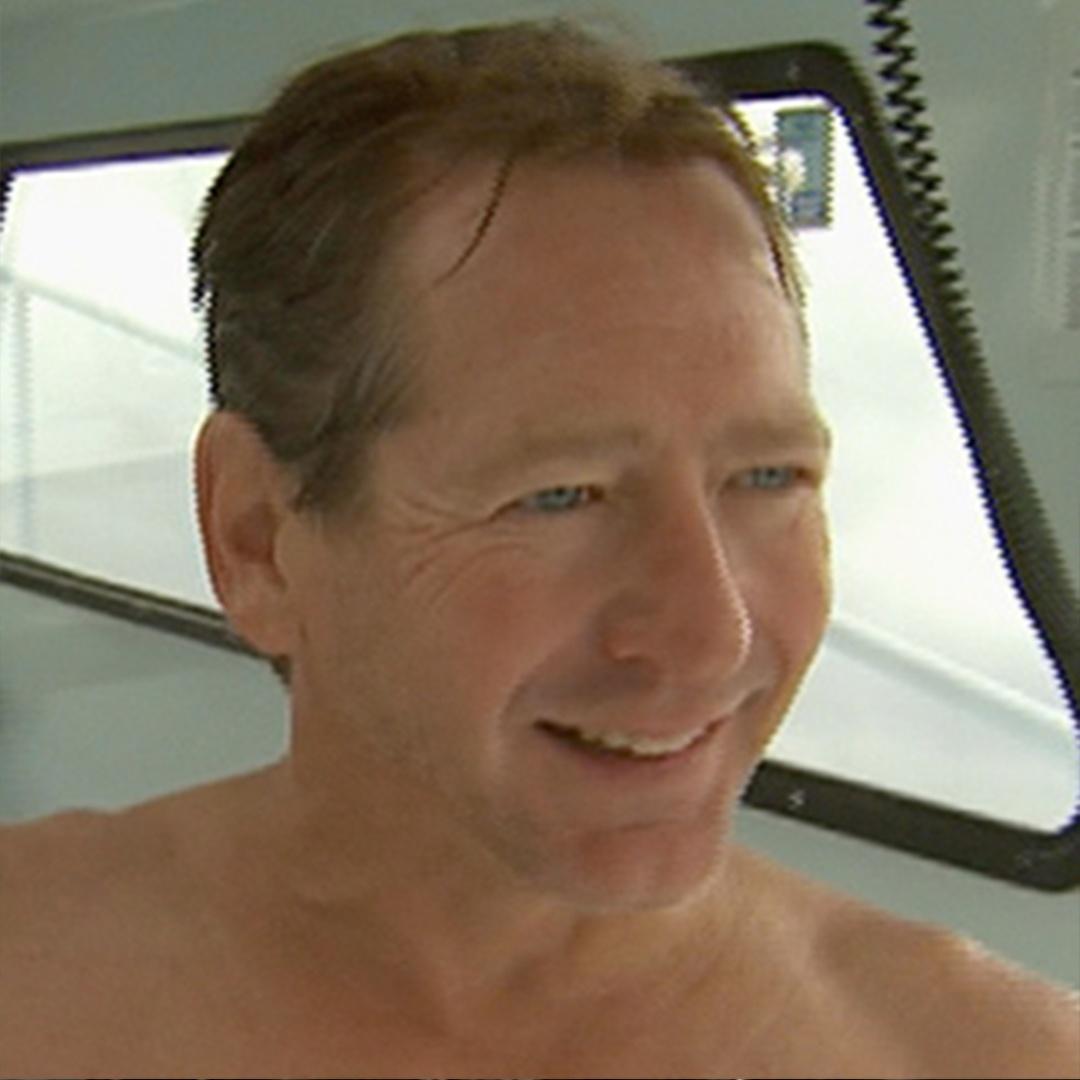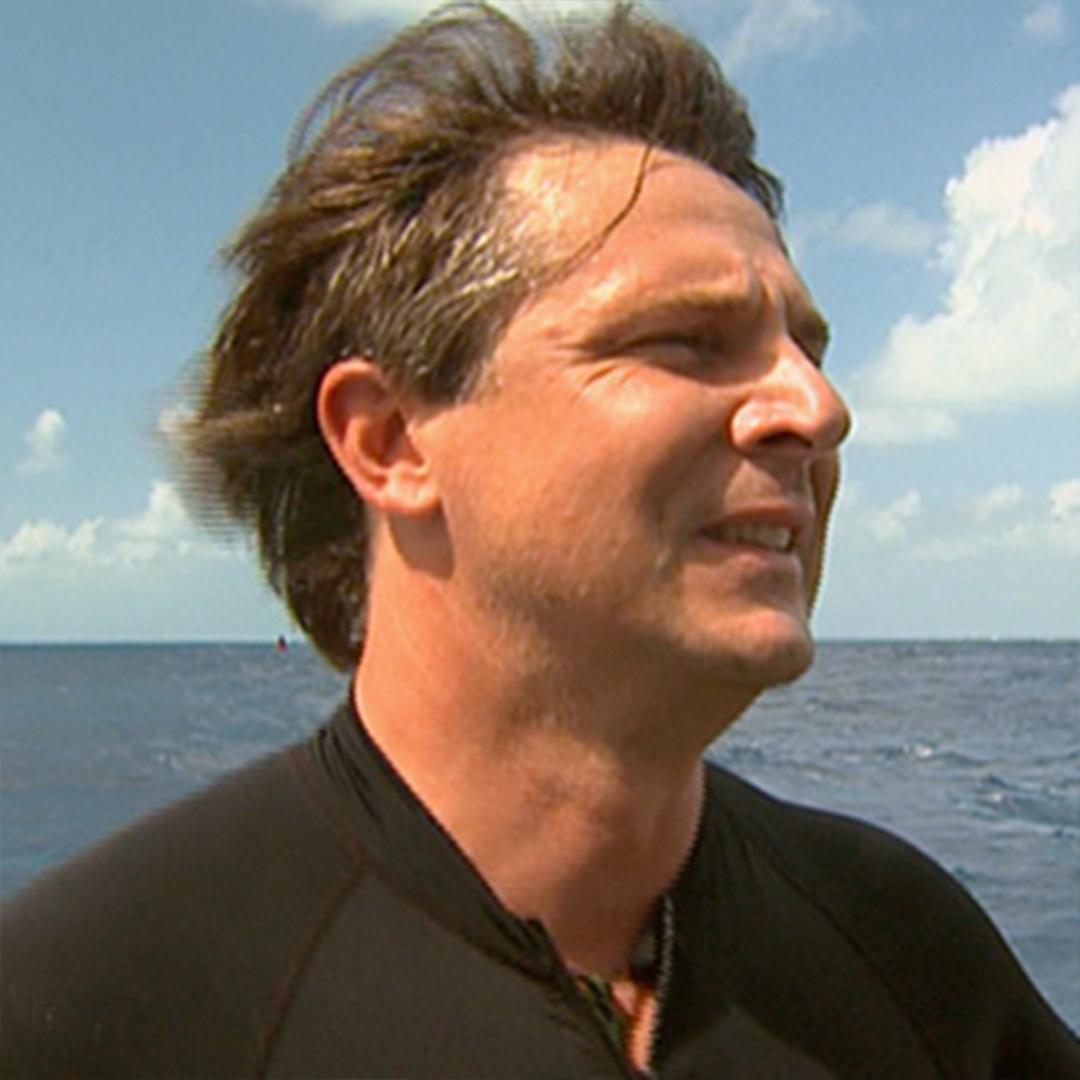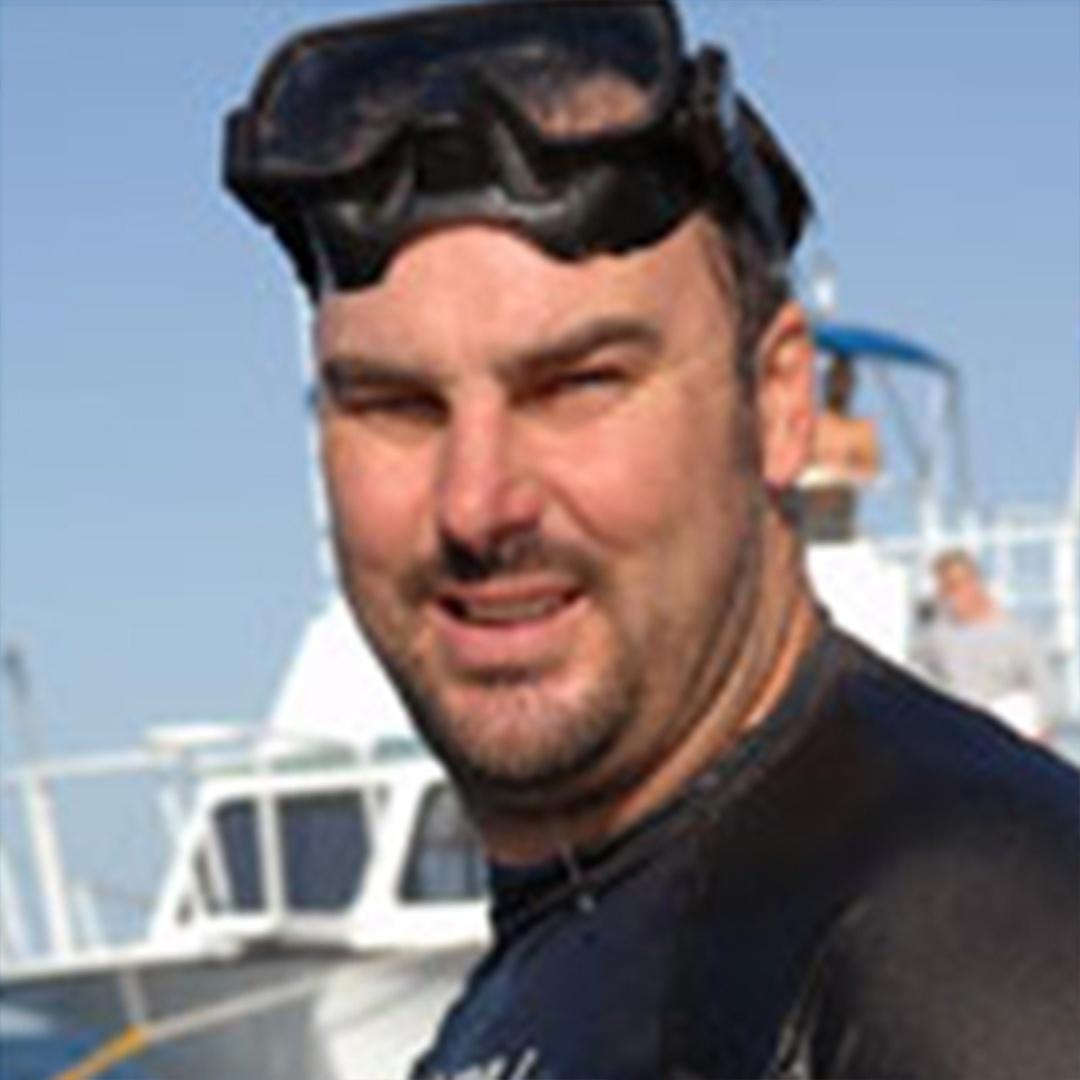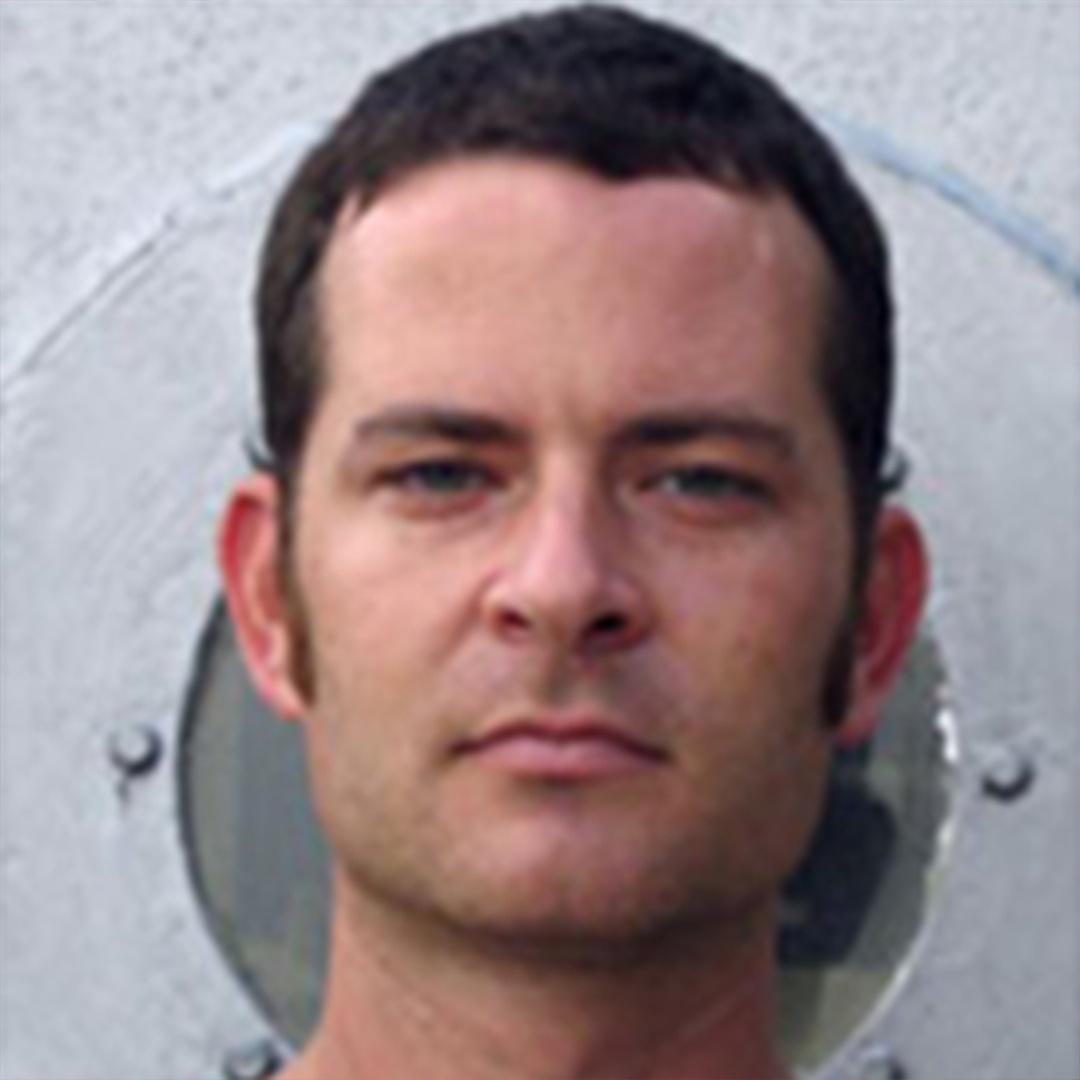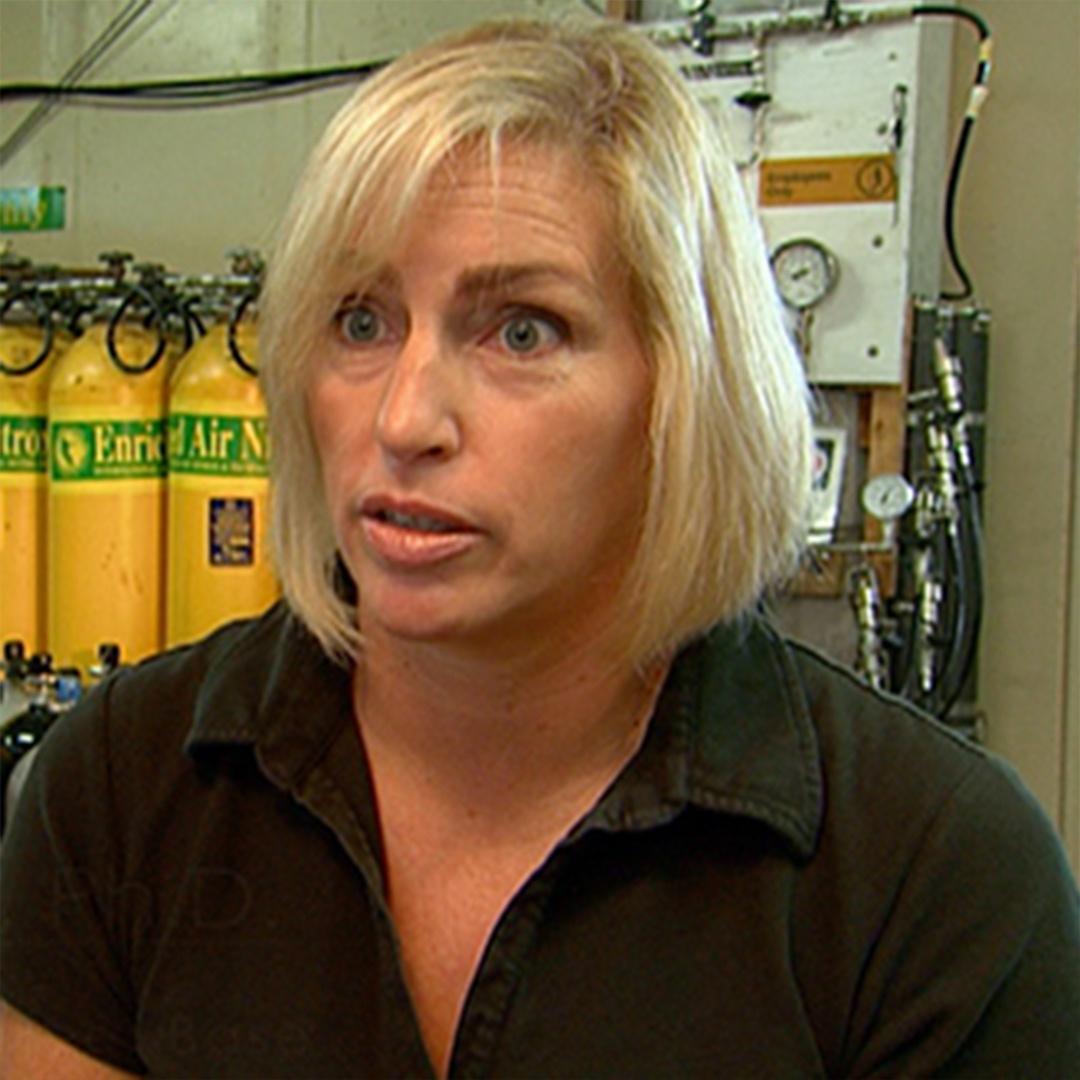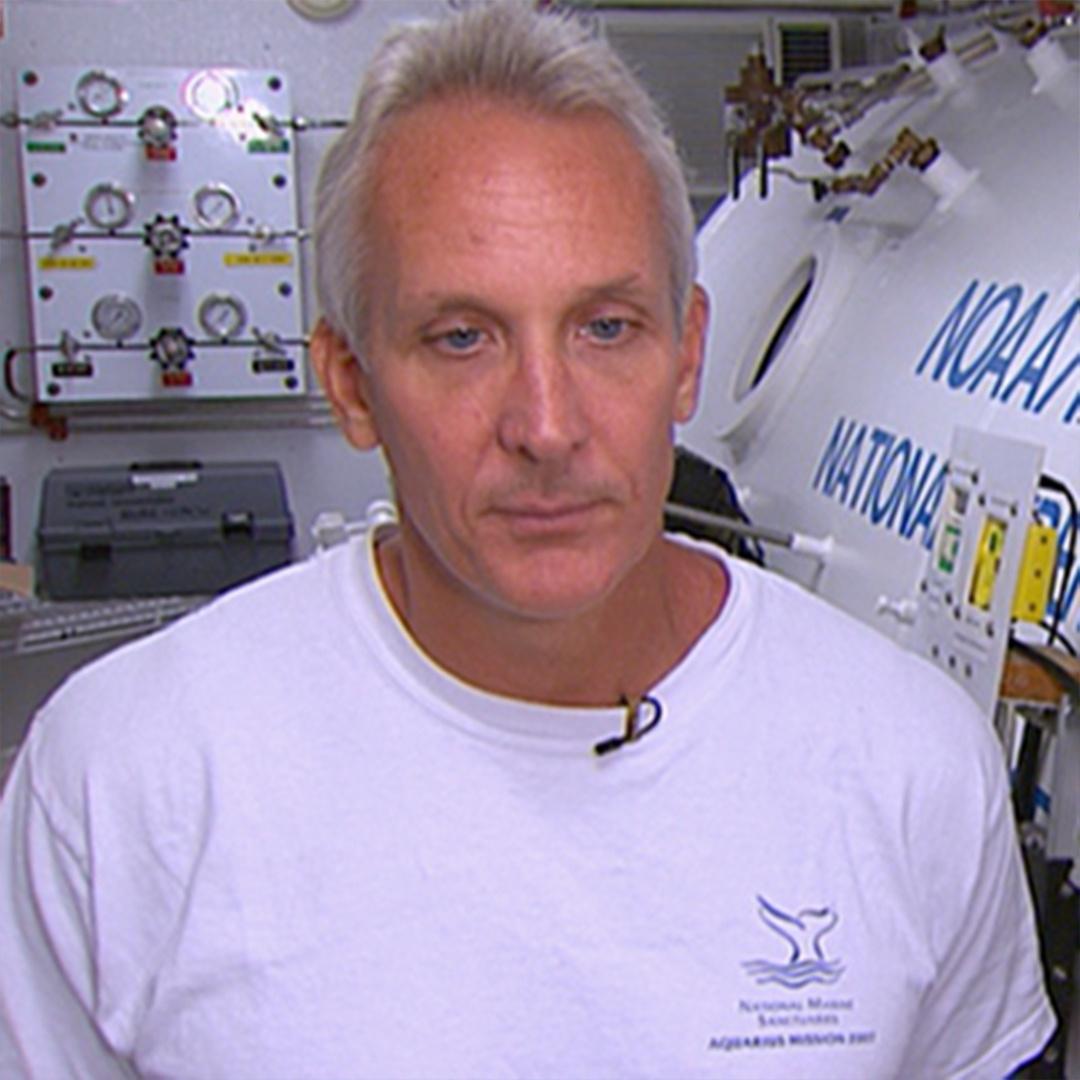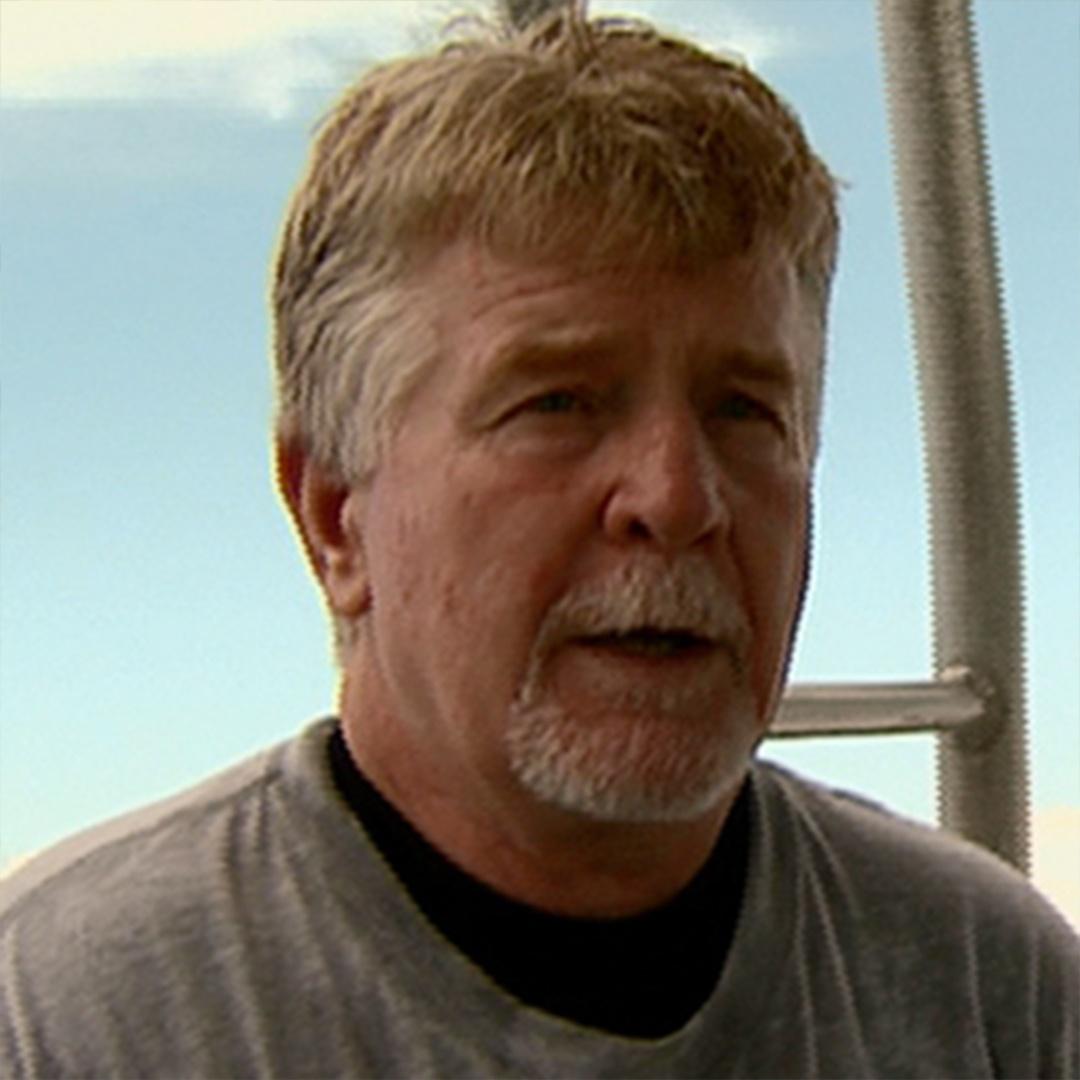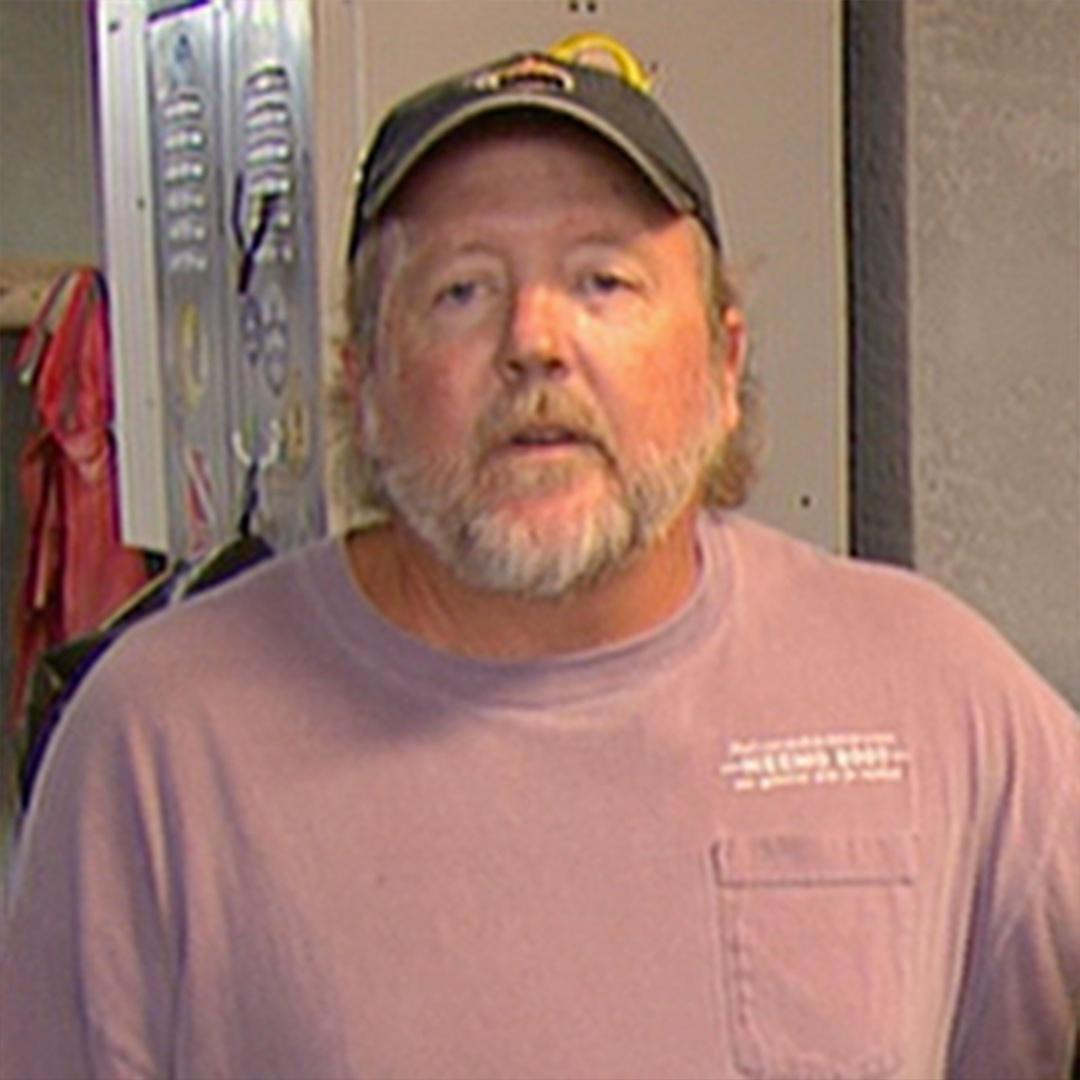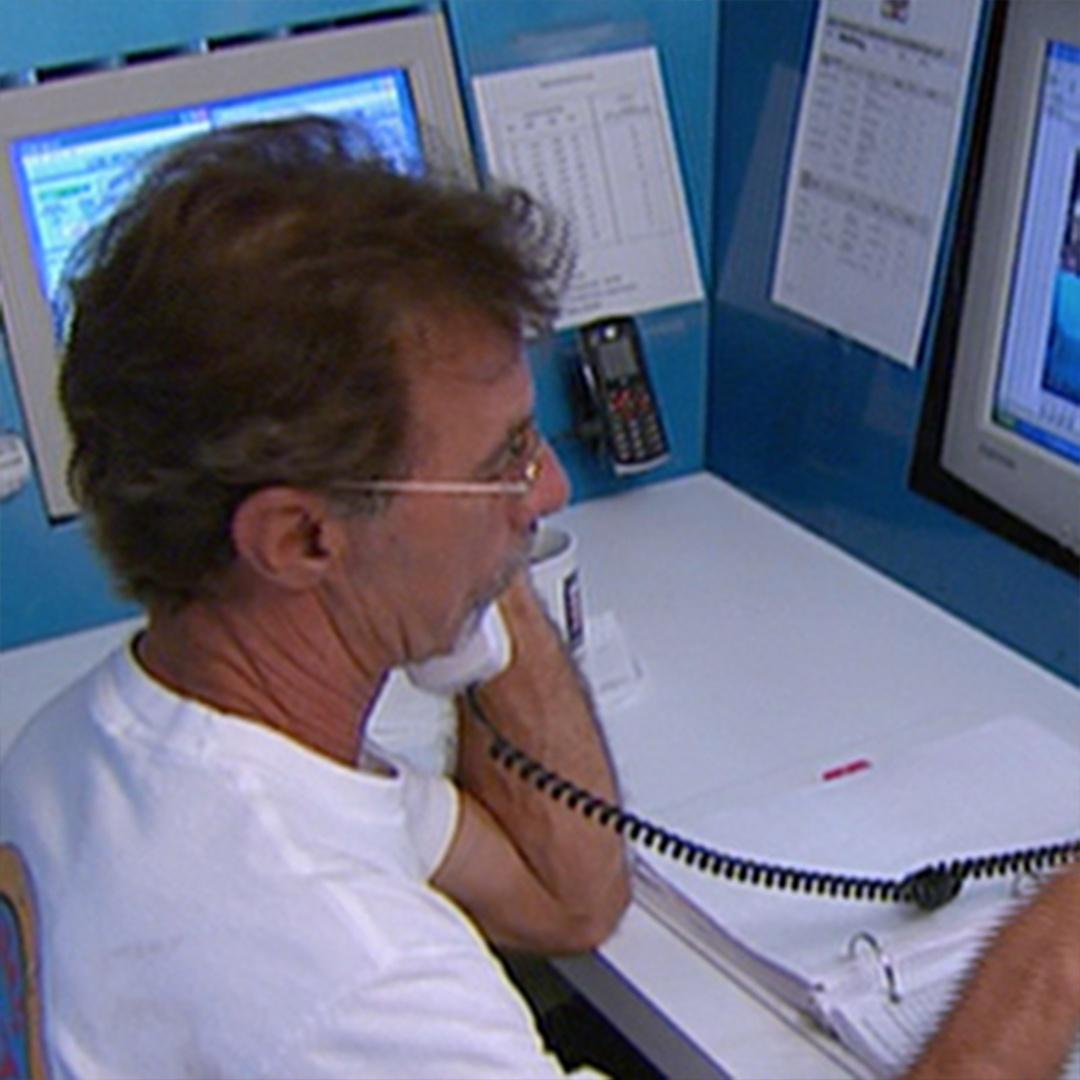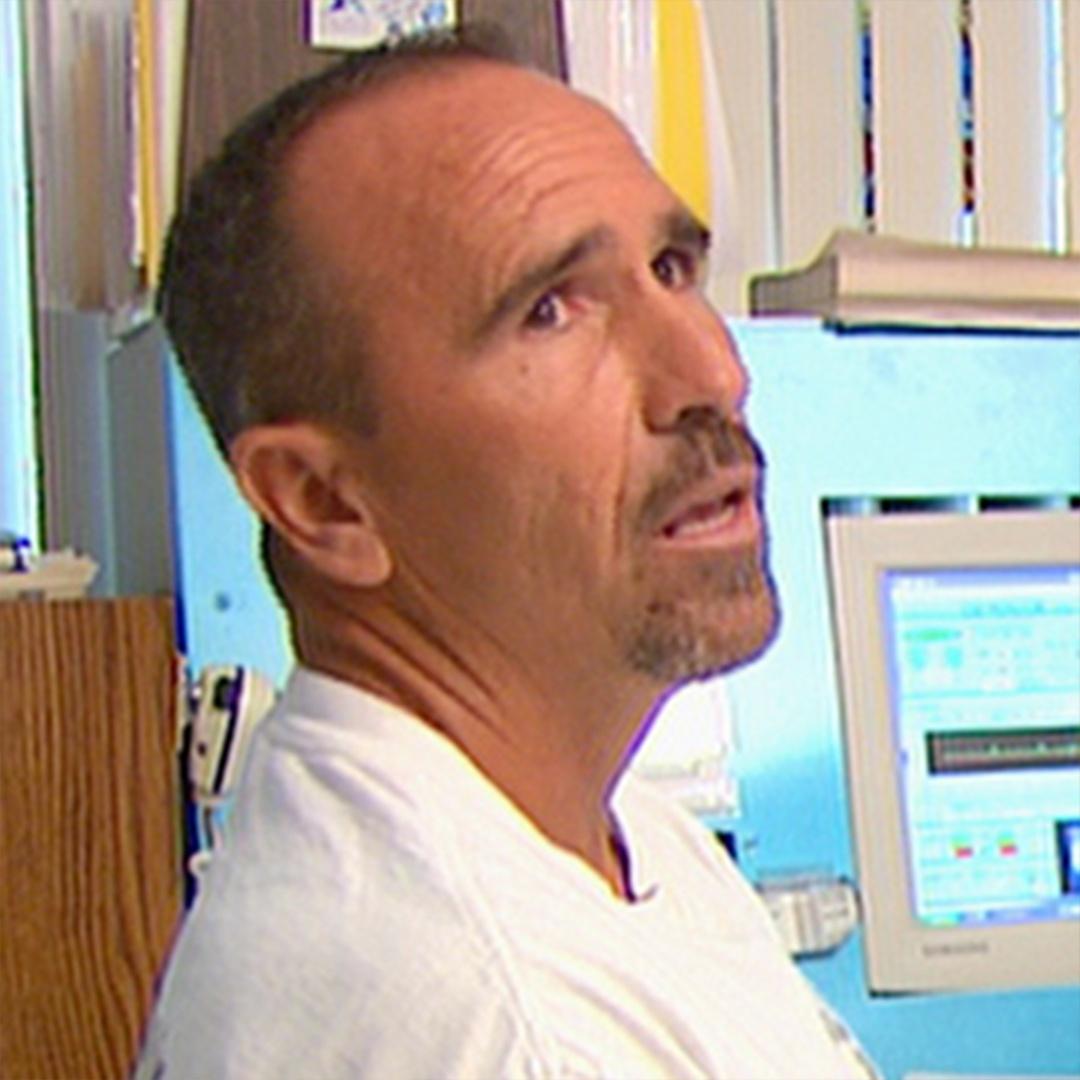Episode 102: Mission to Inner Space
They call it “inner space.” It’s an inhospitable environment that’s difficult to explore and unfit for human habitation. Nevertheless, scientists have figured out ways to live and work on the ocean floor.
The Aquarius Undersea Laboratory is the only underwater operating station in the world today. Located inside the Florida Keys National Marine Sanctuary, at 60 feet below the ocean’s surface, this unique facility provides researchers around the clock access to the nearby coral reef. Known as “America’s Inner Space Station,” the Aquarius Reef Base becomes home to a select few as they spend 10 straight days underwater. During this specific mission, a team of ‘Aquanauts,’ or saturation divers, studies the local effects of a global problem, ocean acidification.
Ocean acidification is caused by a change in the water’s chemistry. Increased levels of CO2 in the water are causing lowered pH levels, making it potentially more difficult for organisms like corals to form their calcium carbonate skeletons. This Aquarius mission is unique in that it is the first ocean acidification study during which aquanauts conduct various experiments and take continuous measurements while living out on a coral reef. What will their findings tell us?
Experts
Meet the experts featured in this episode.
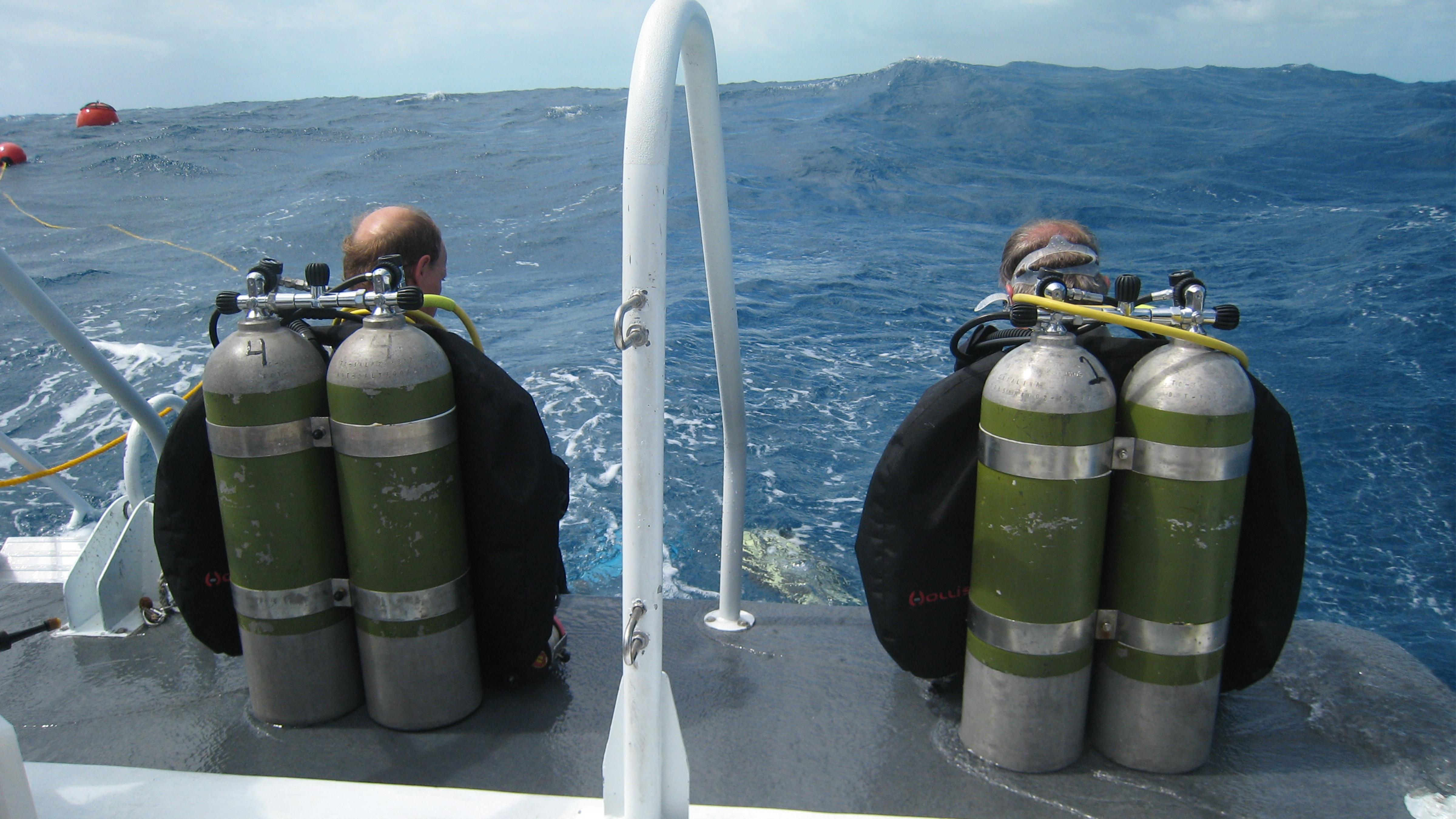

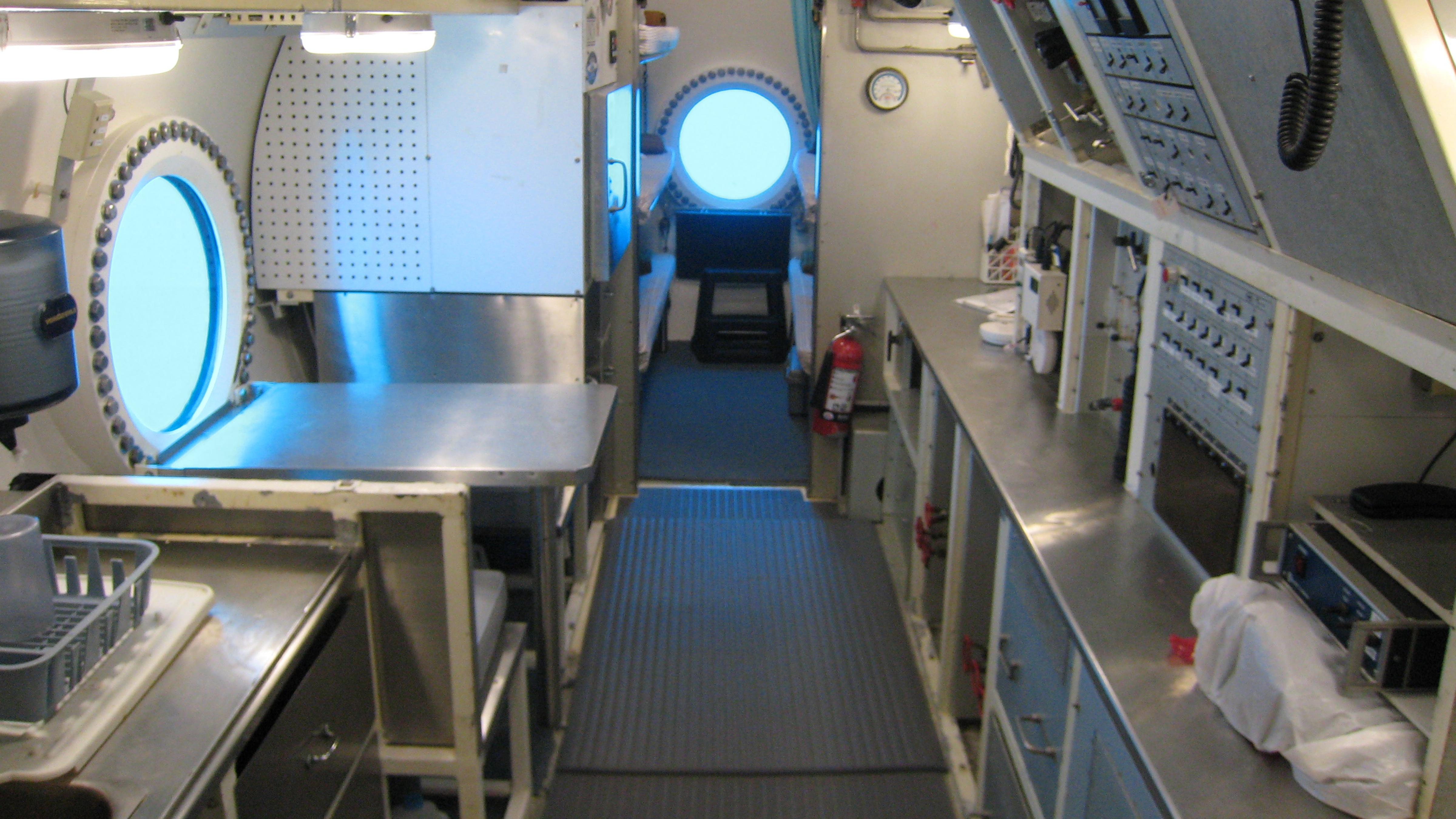
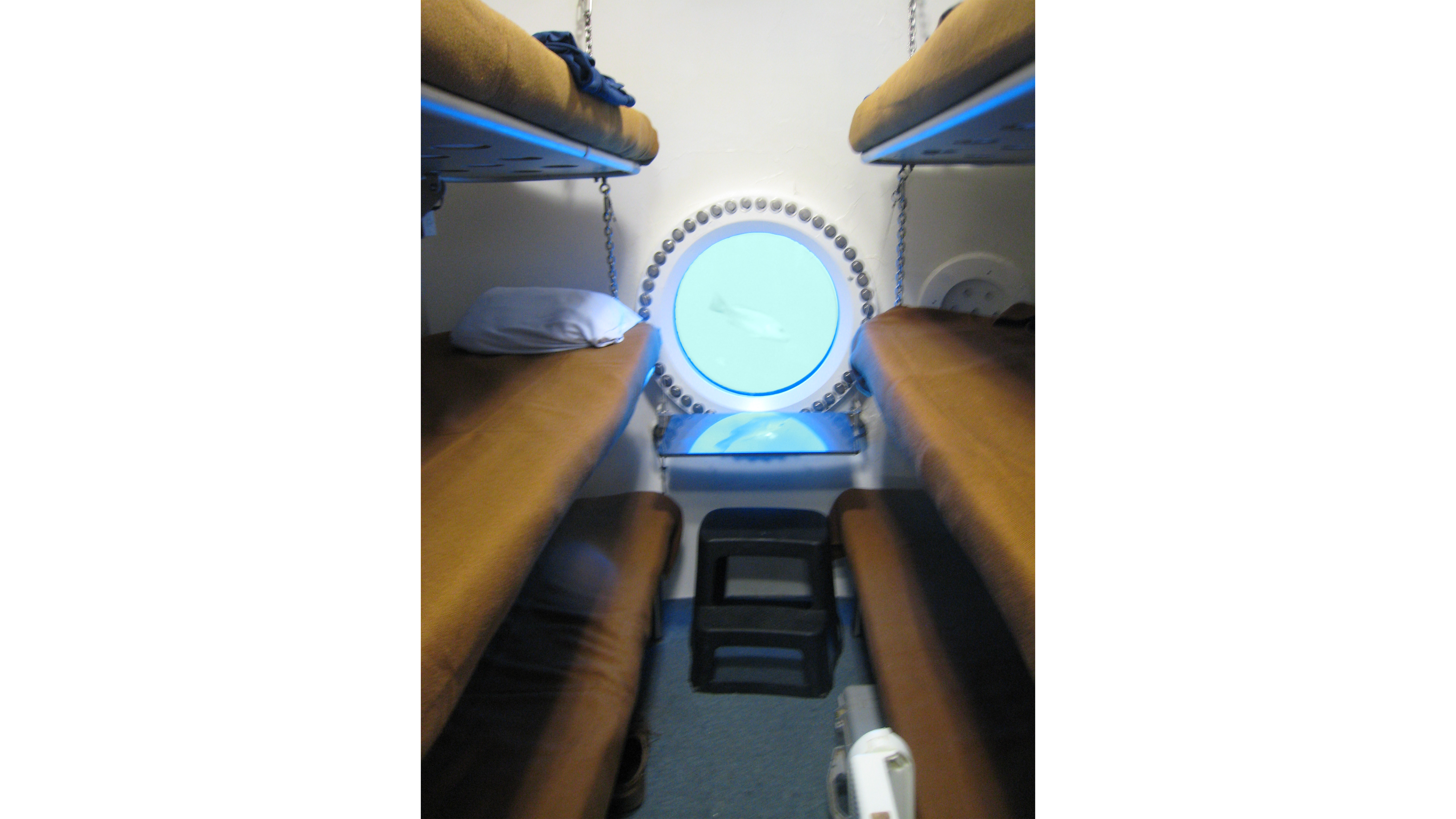

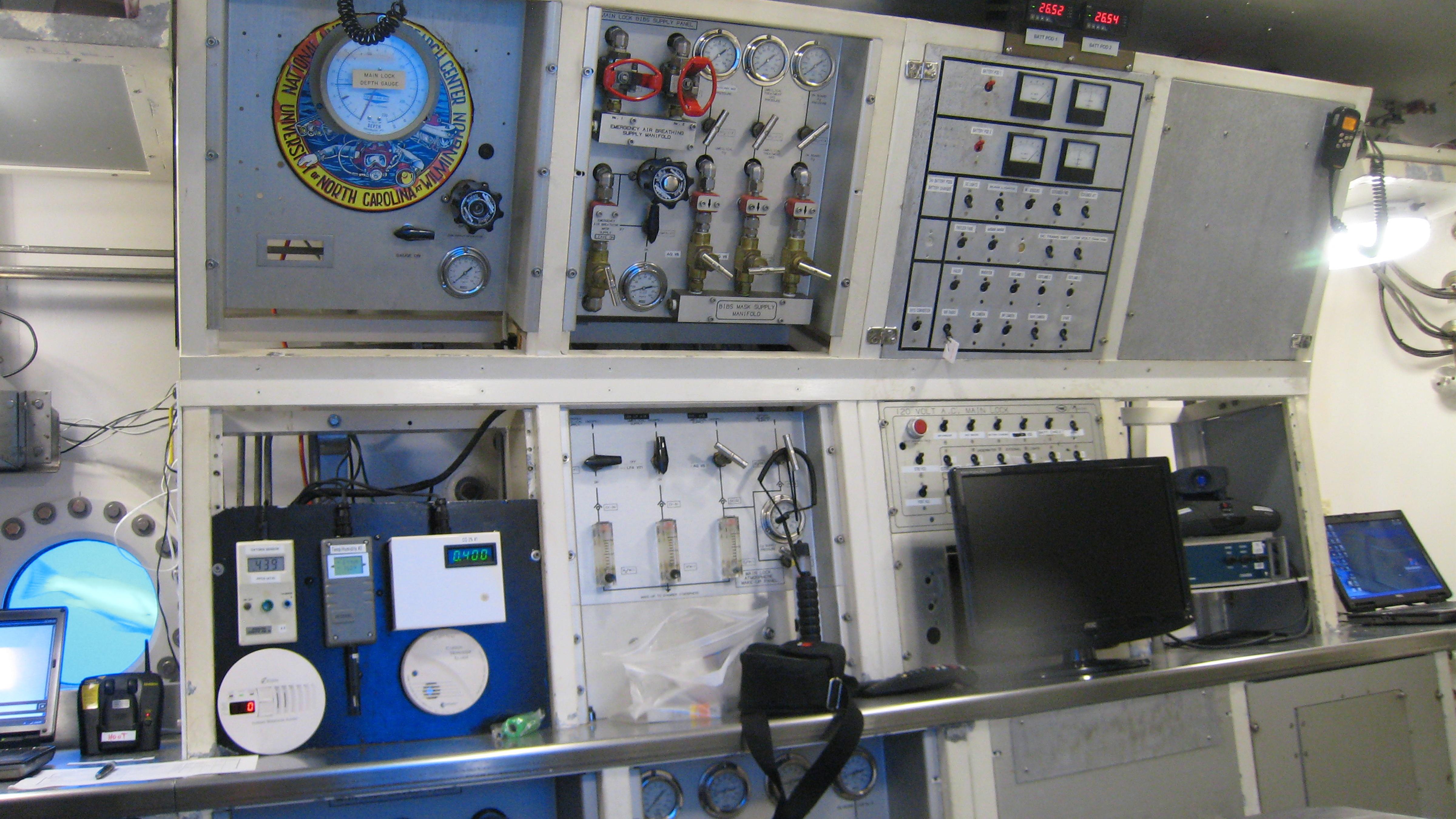
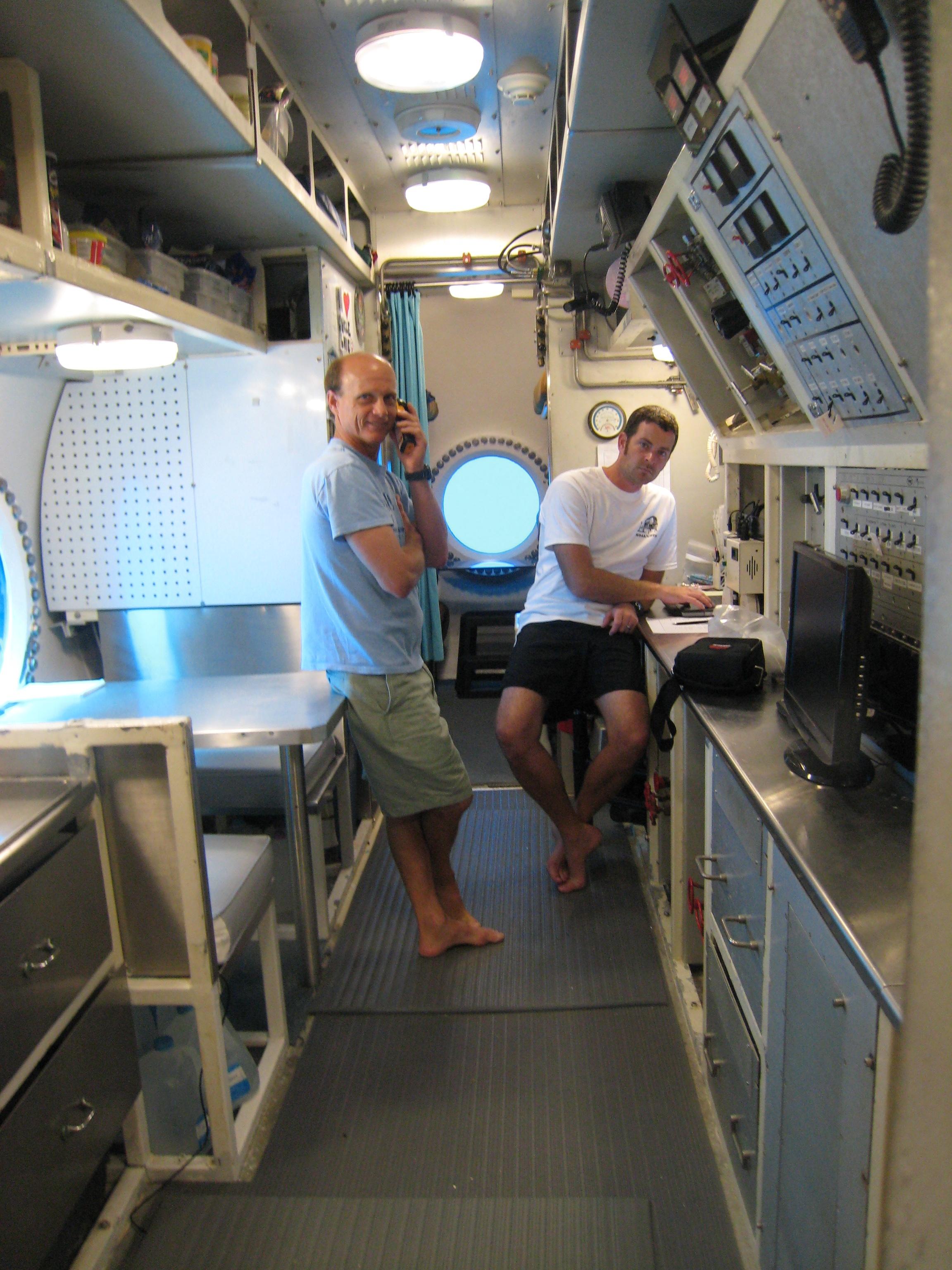

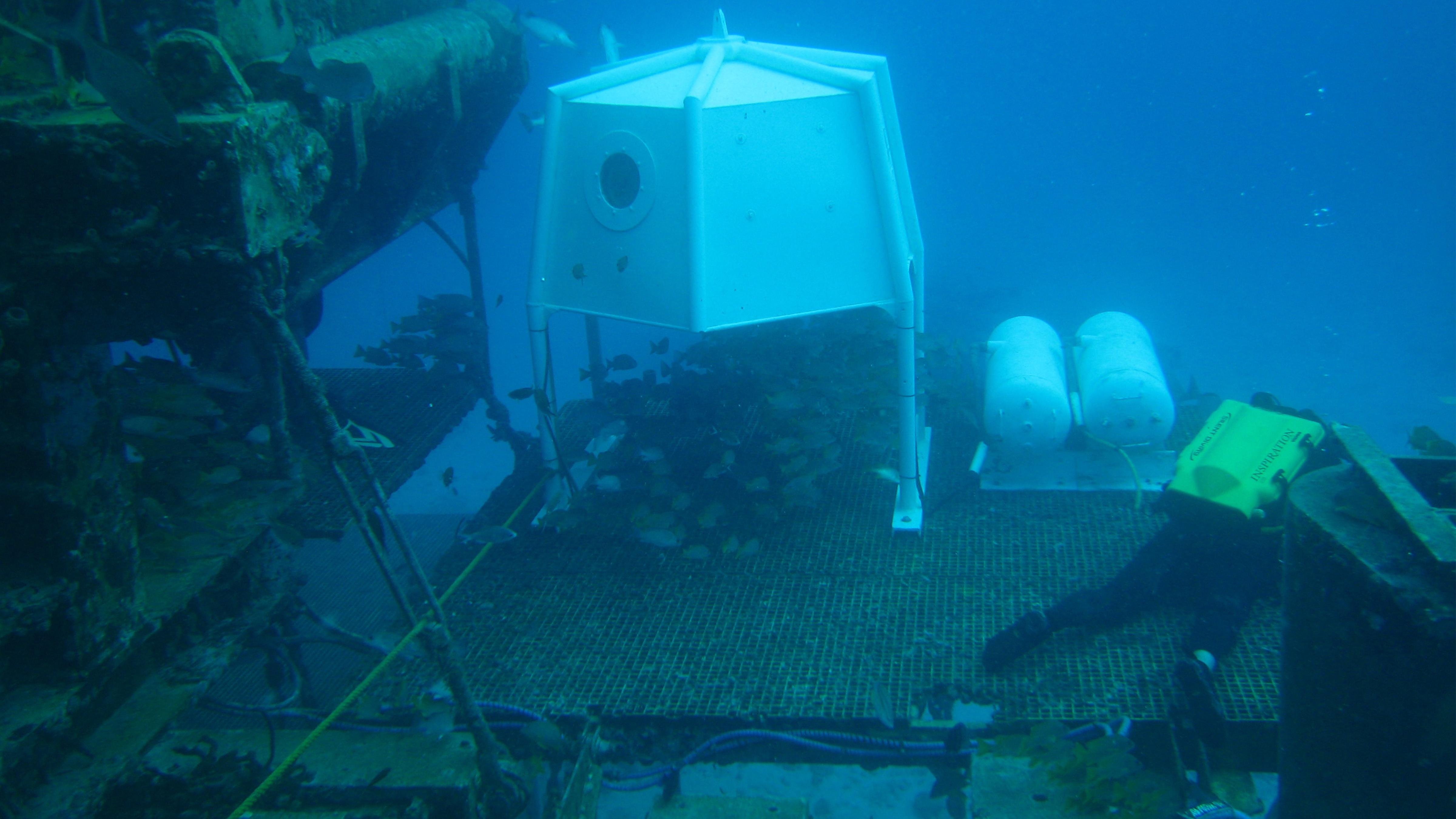
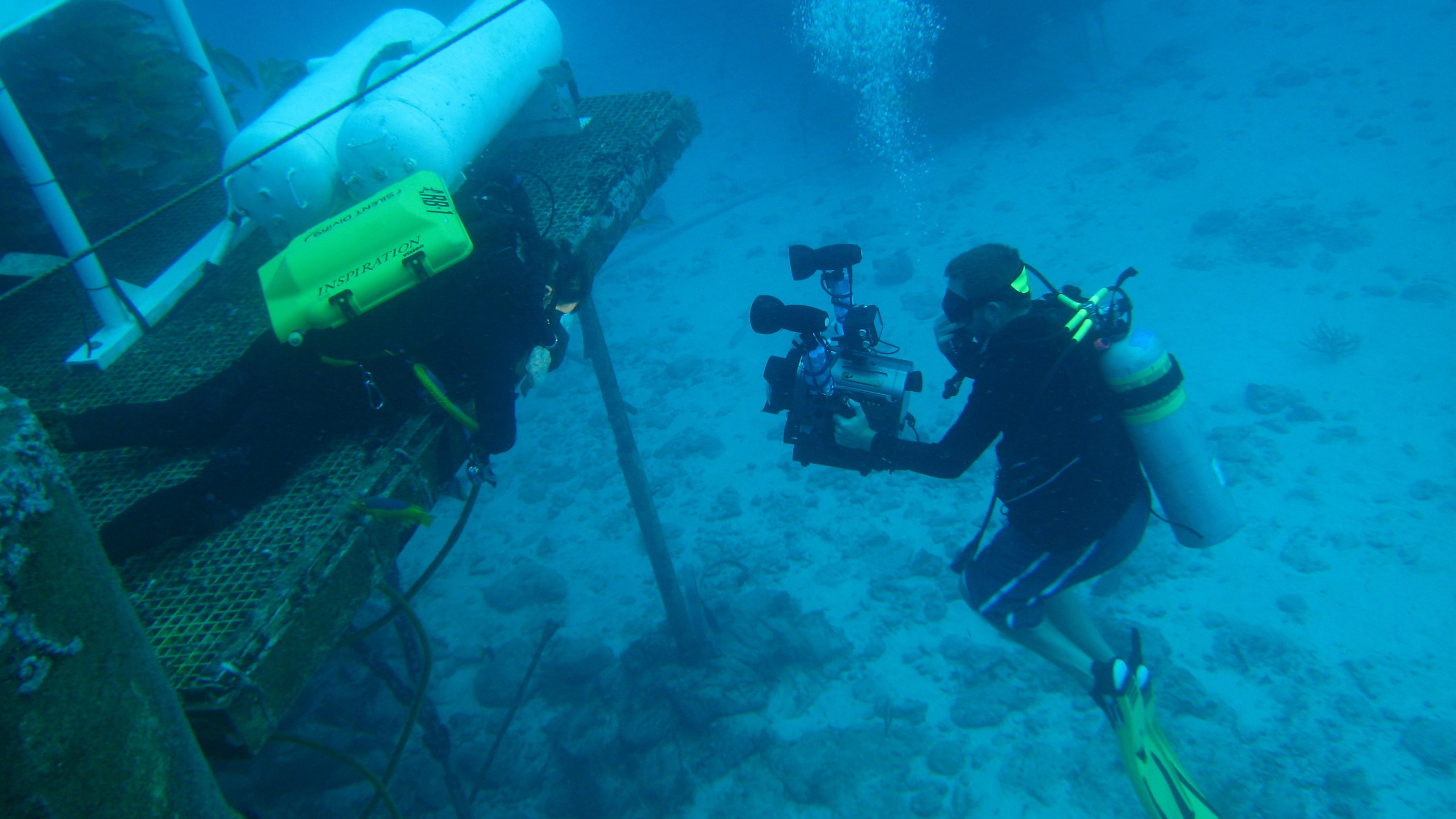
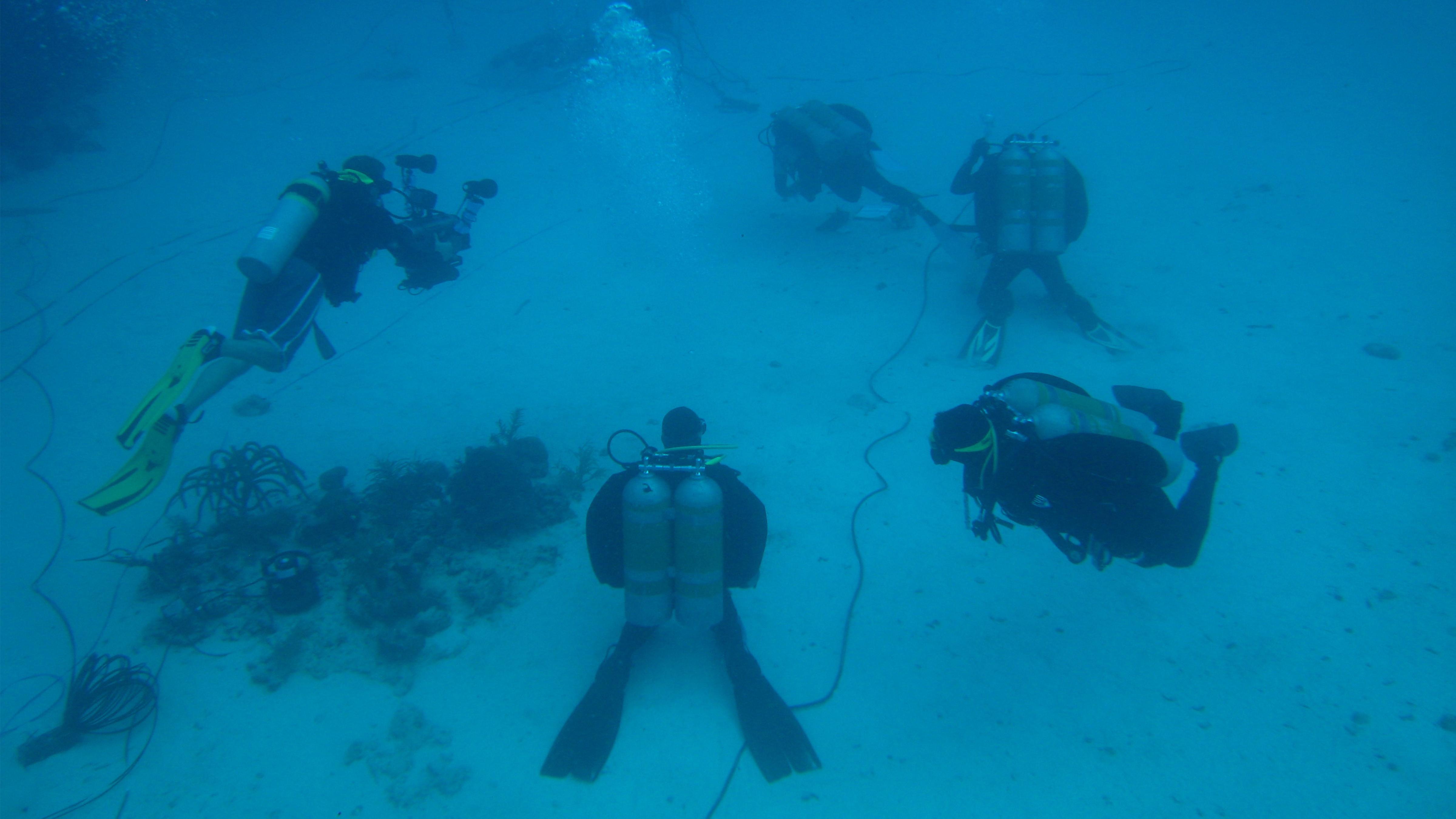
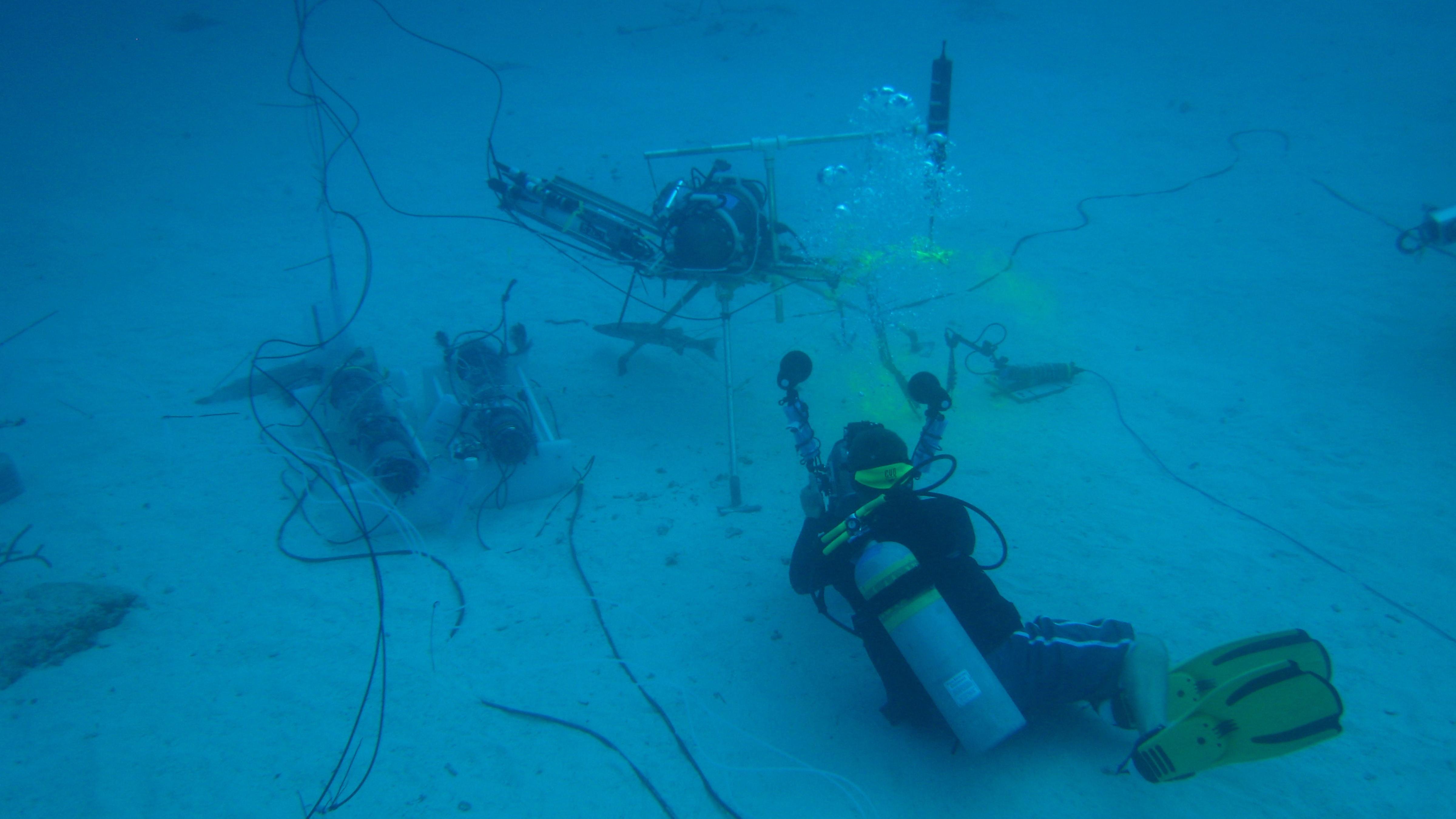
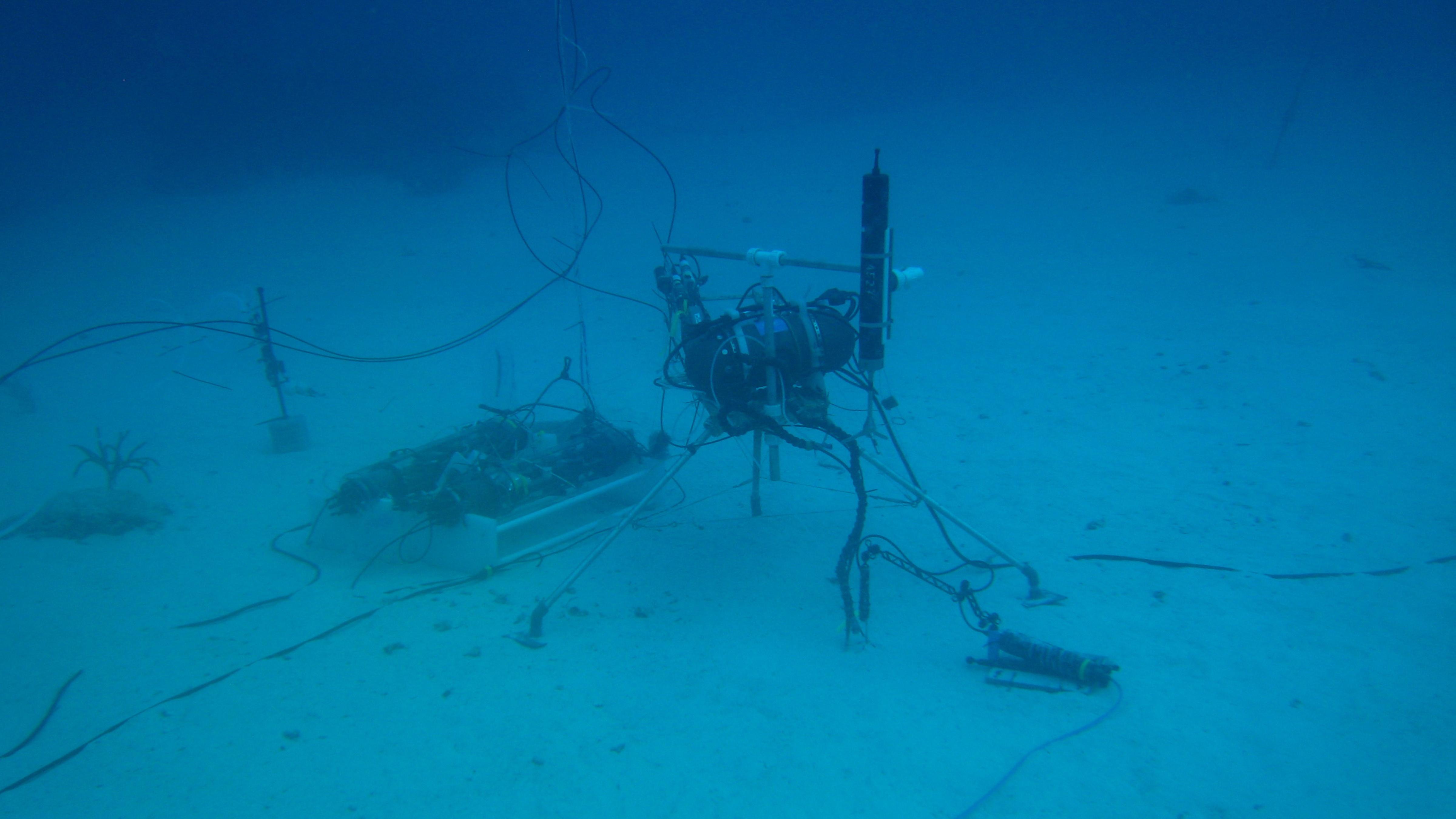
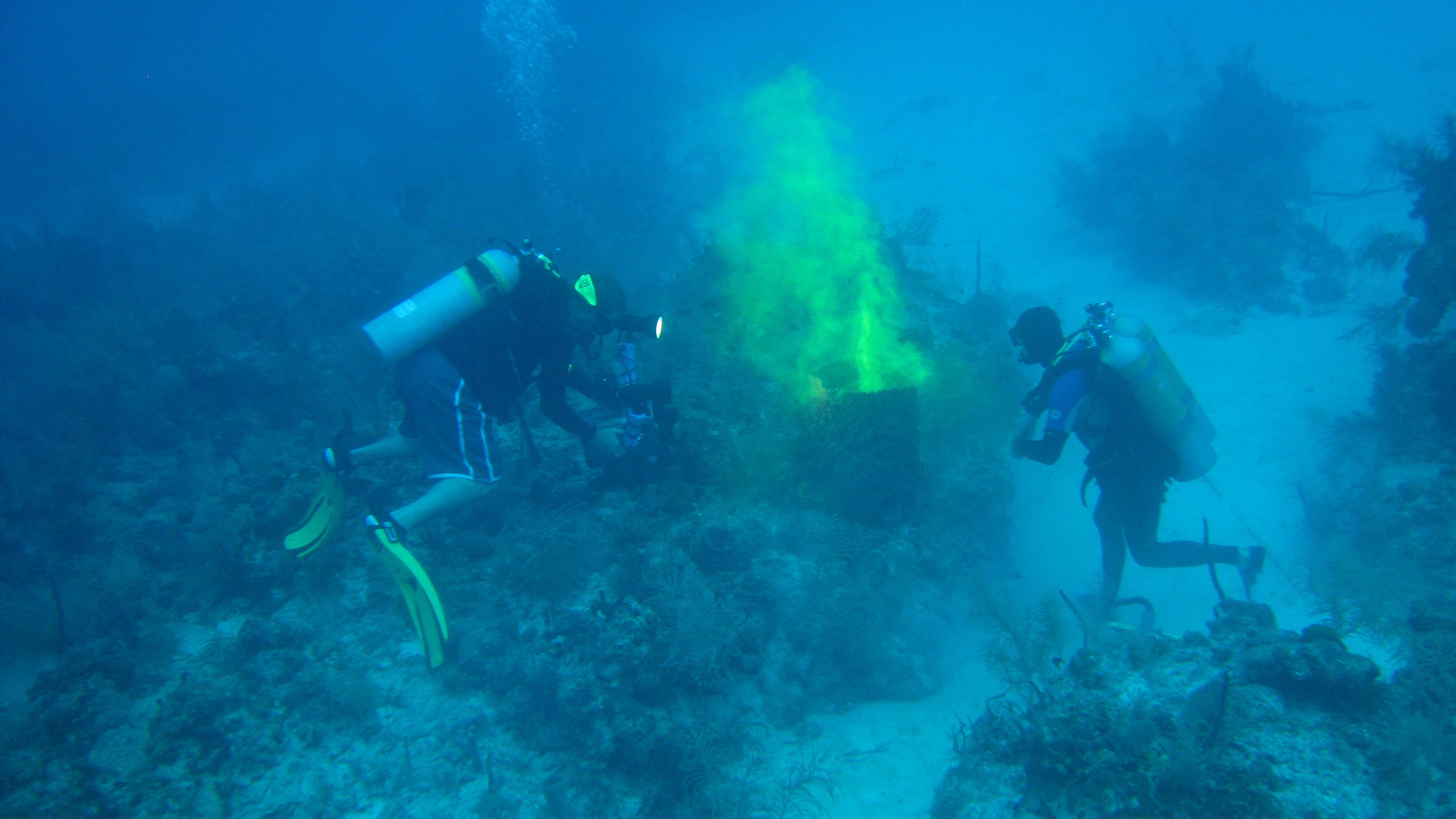
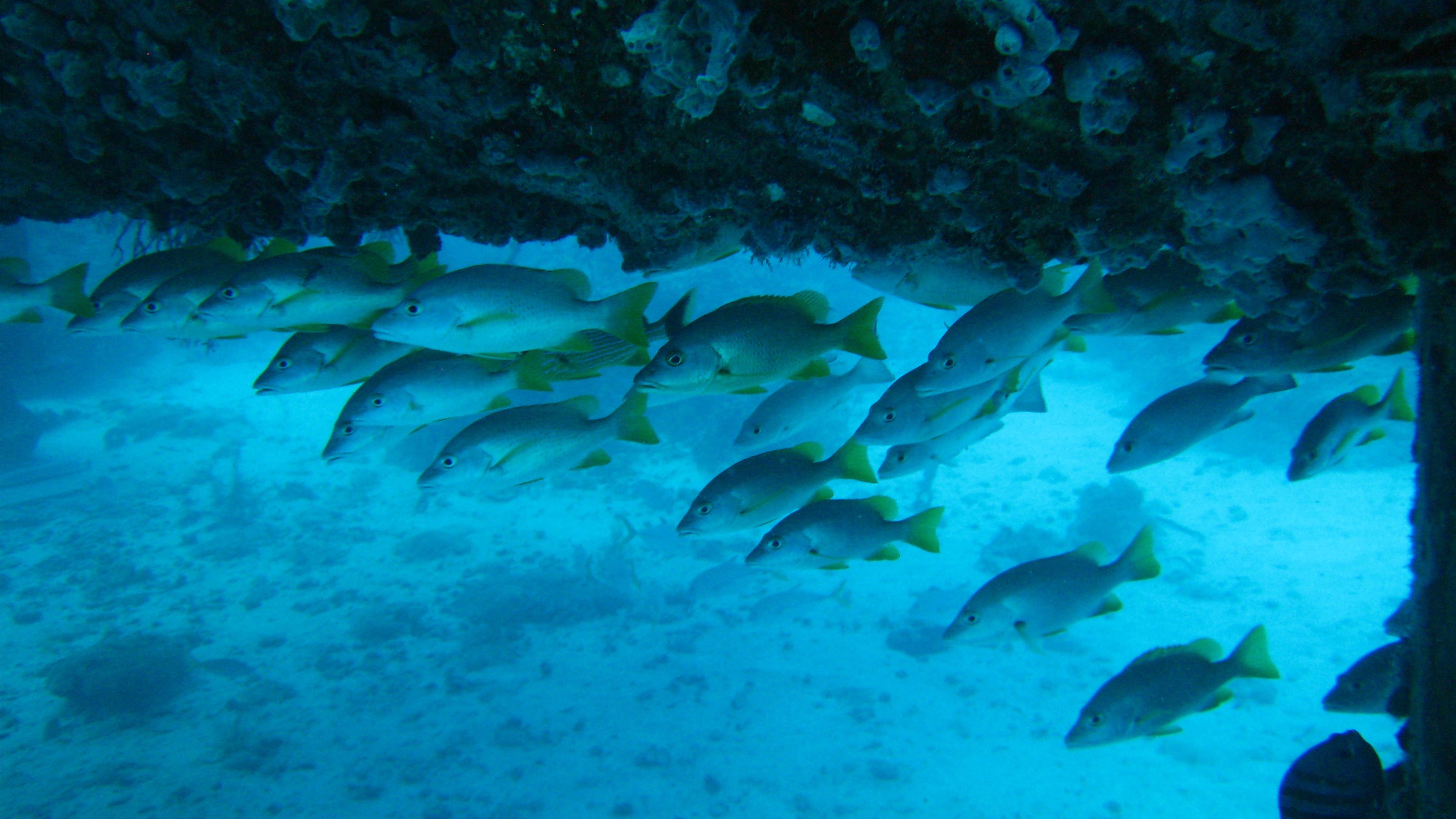
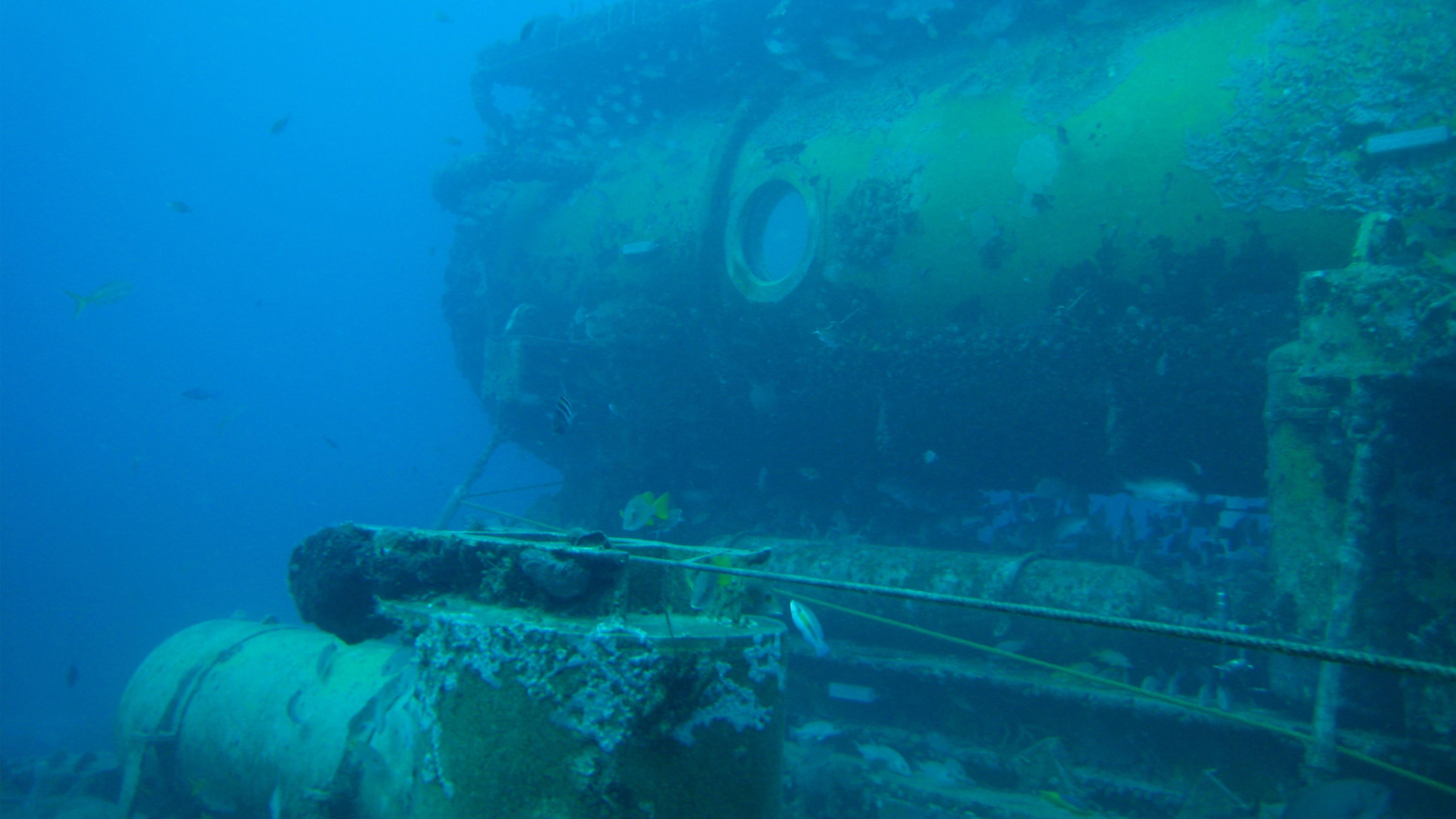
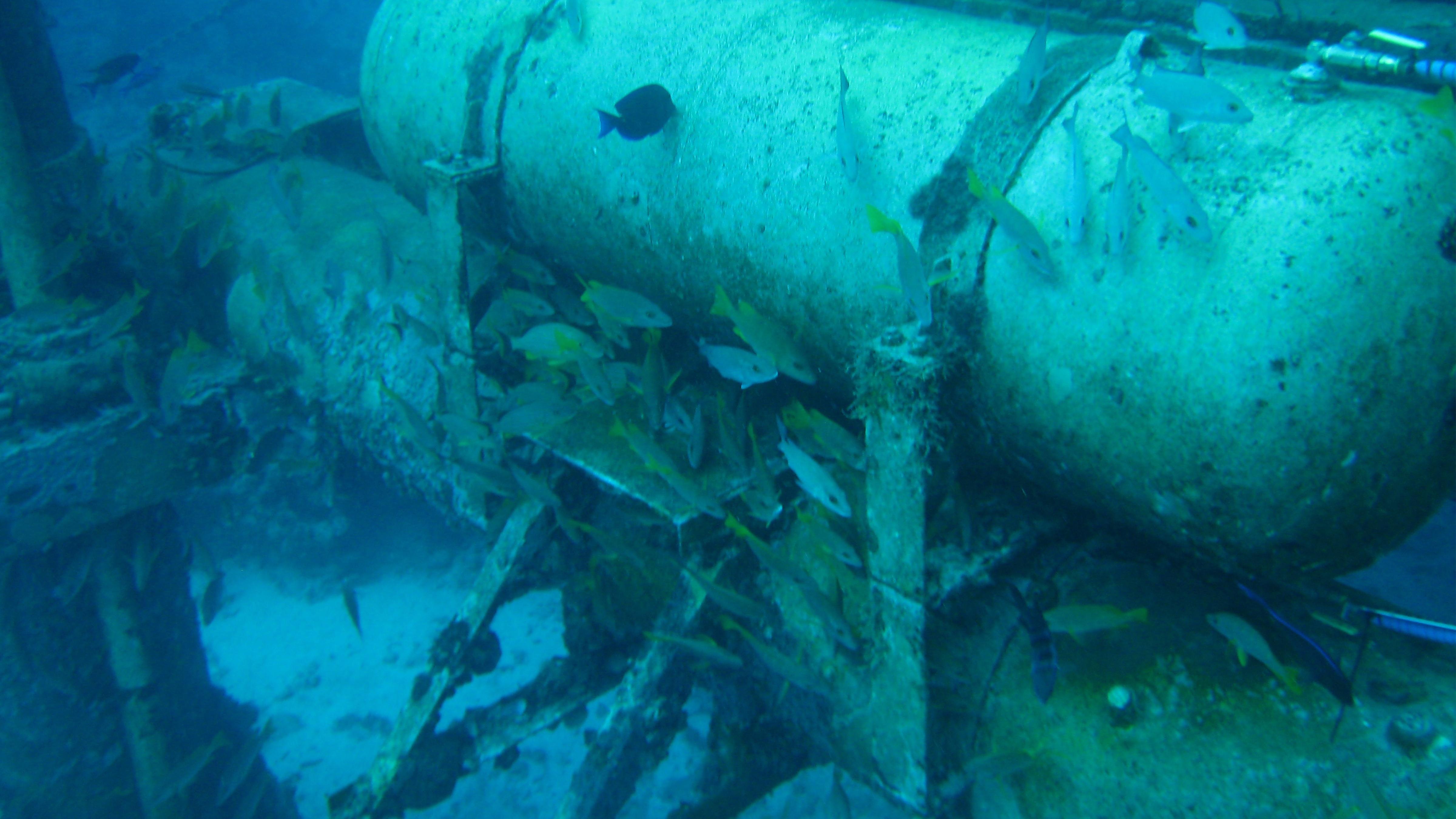
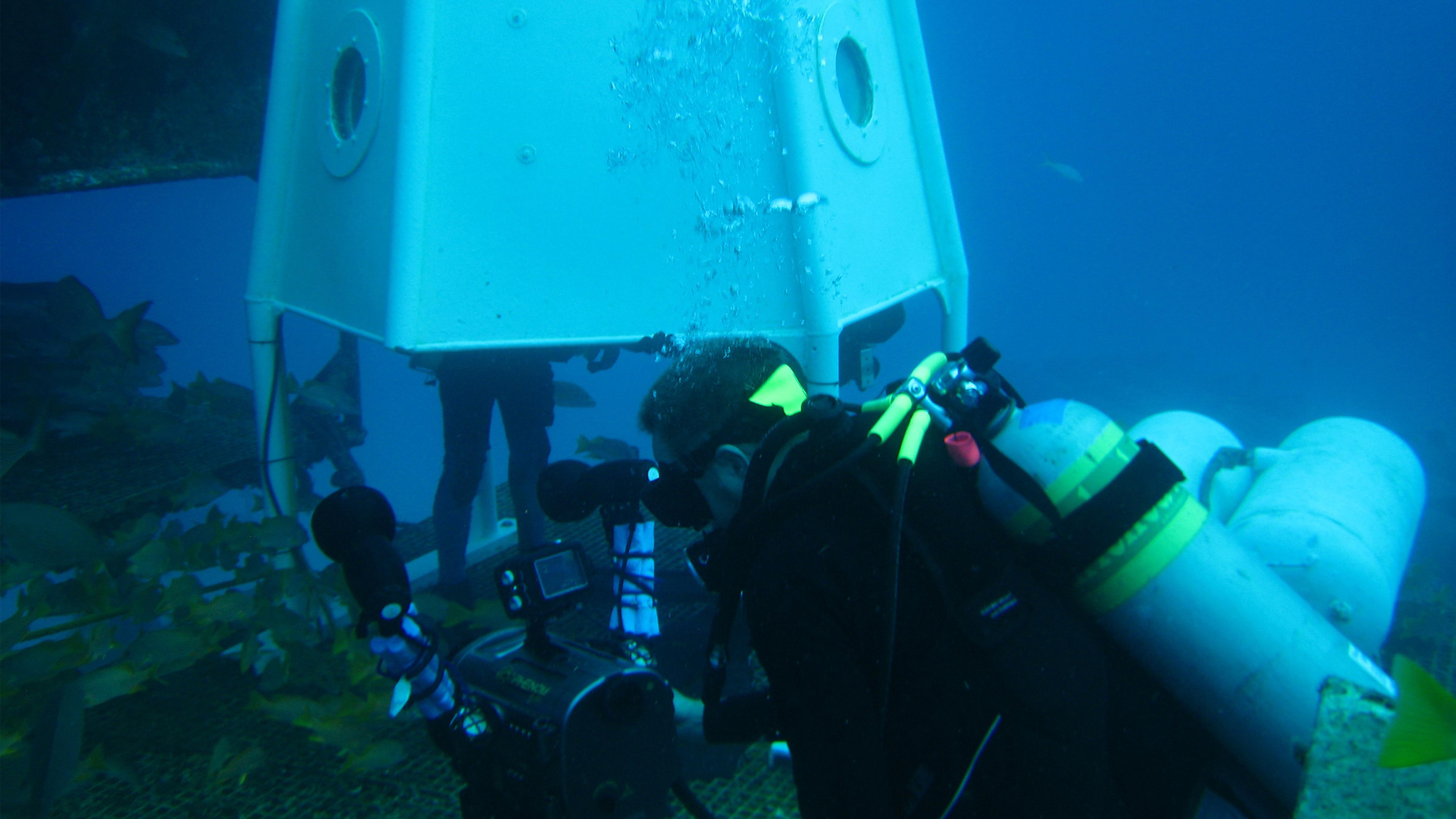
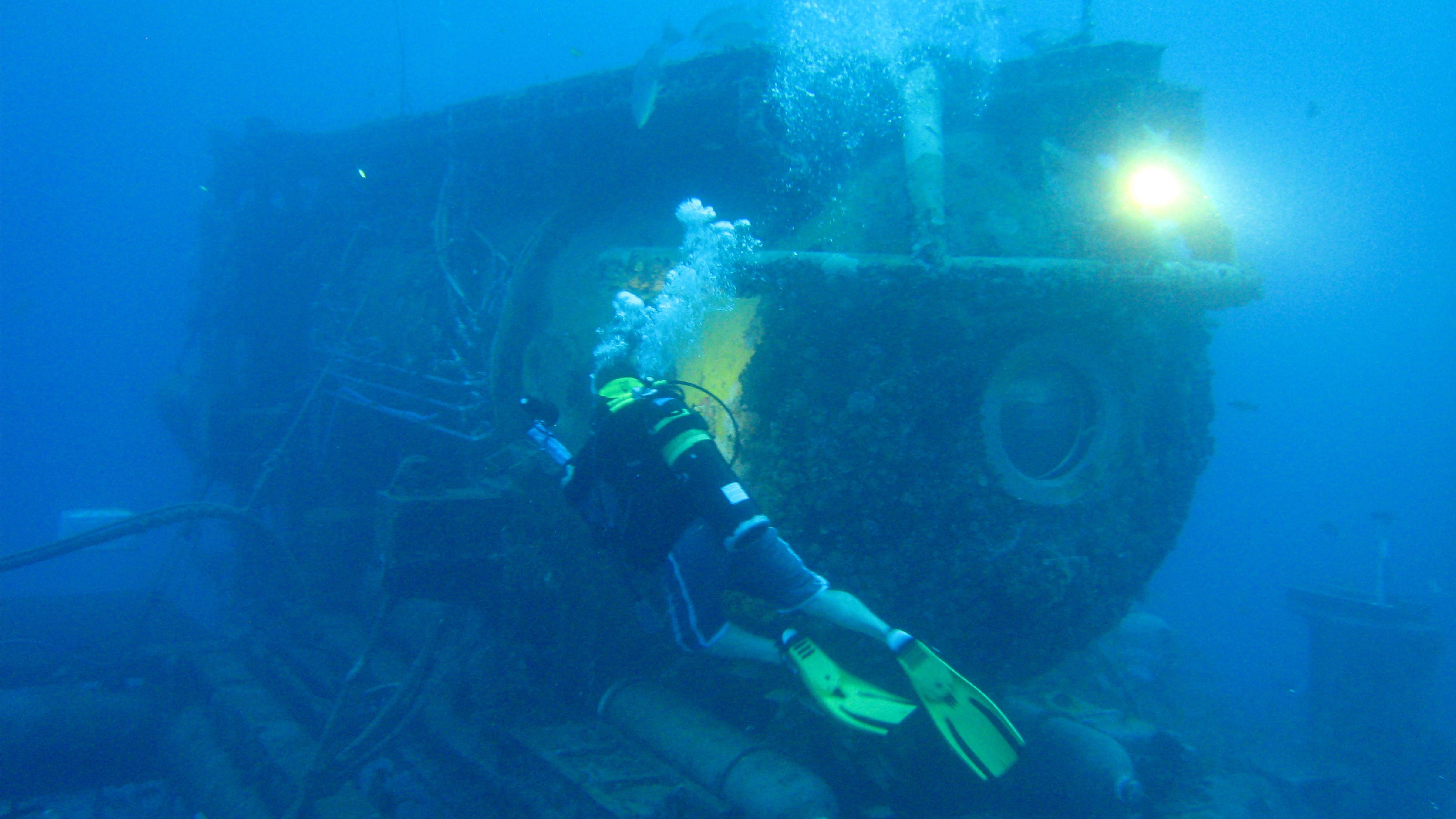
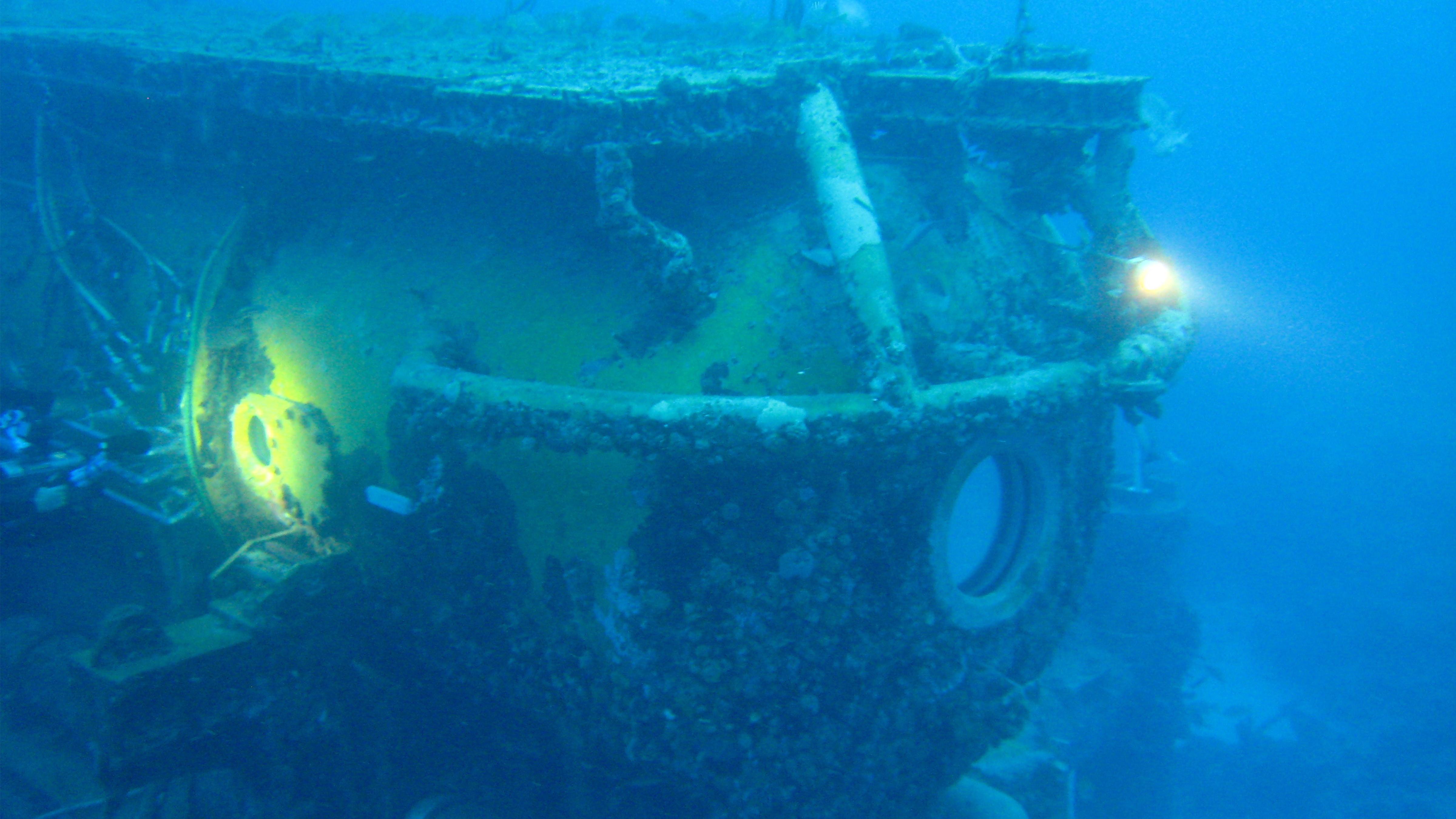

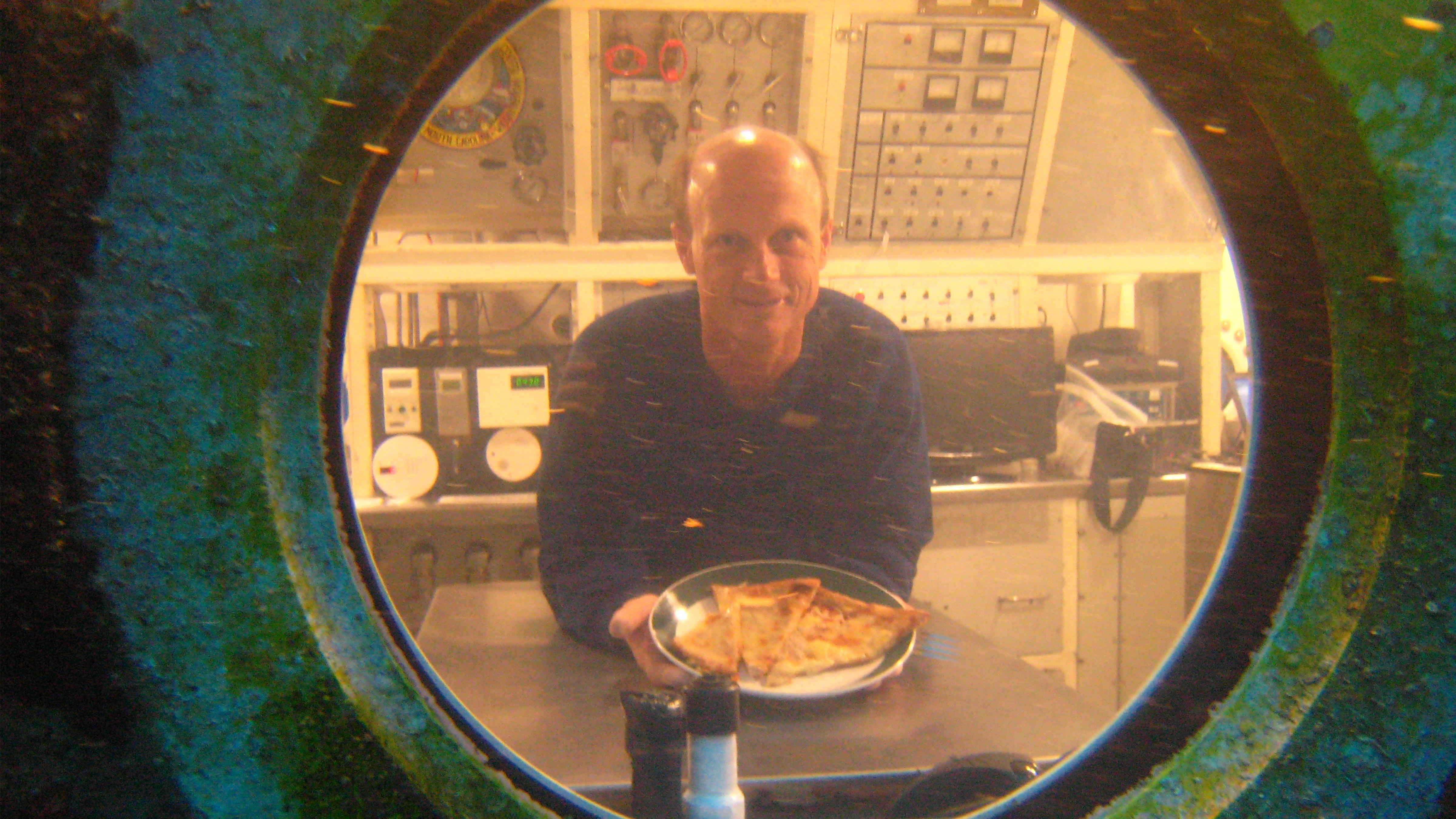
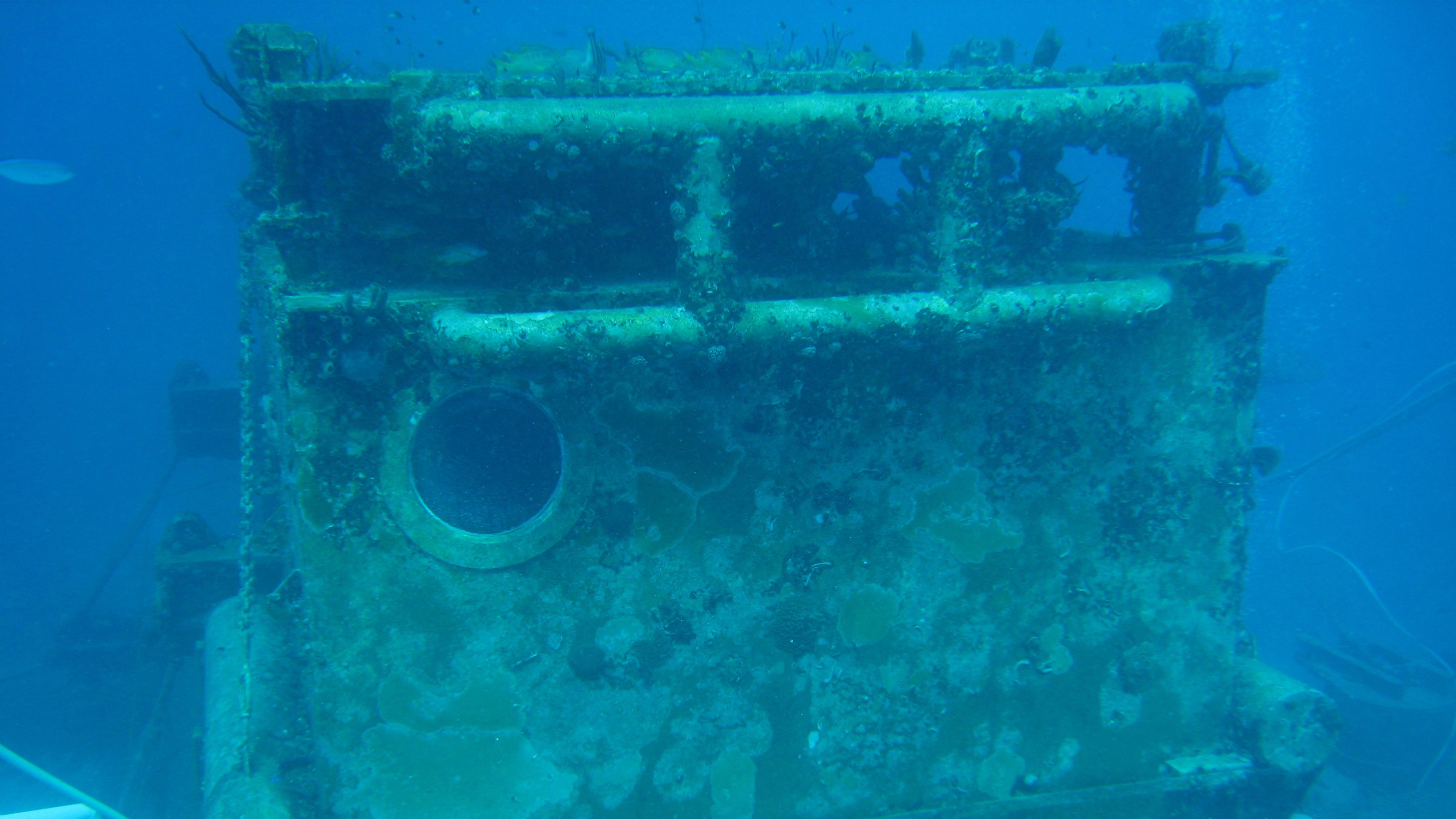
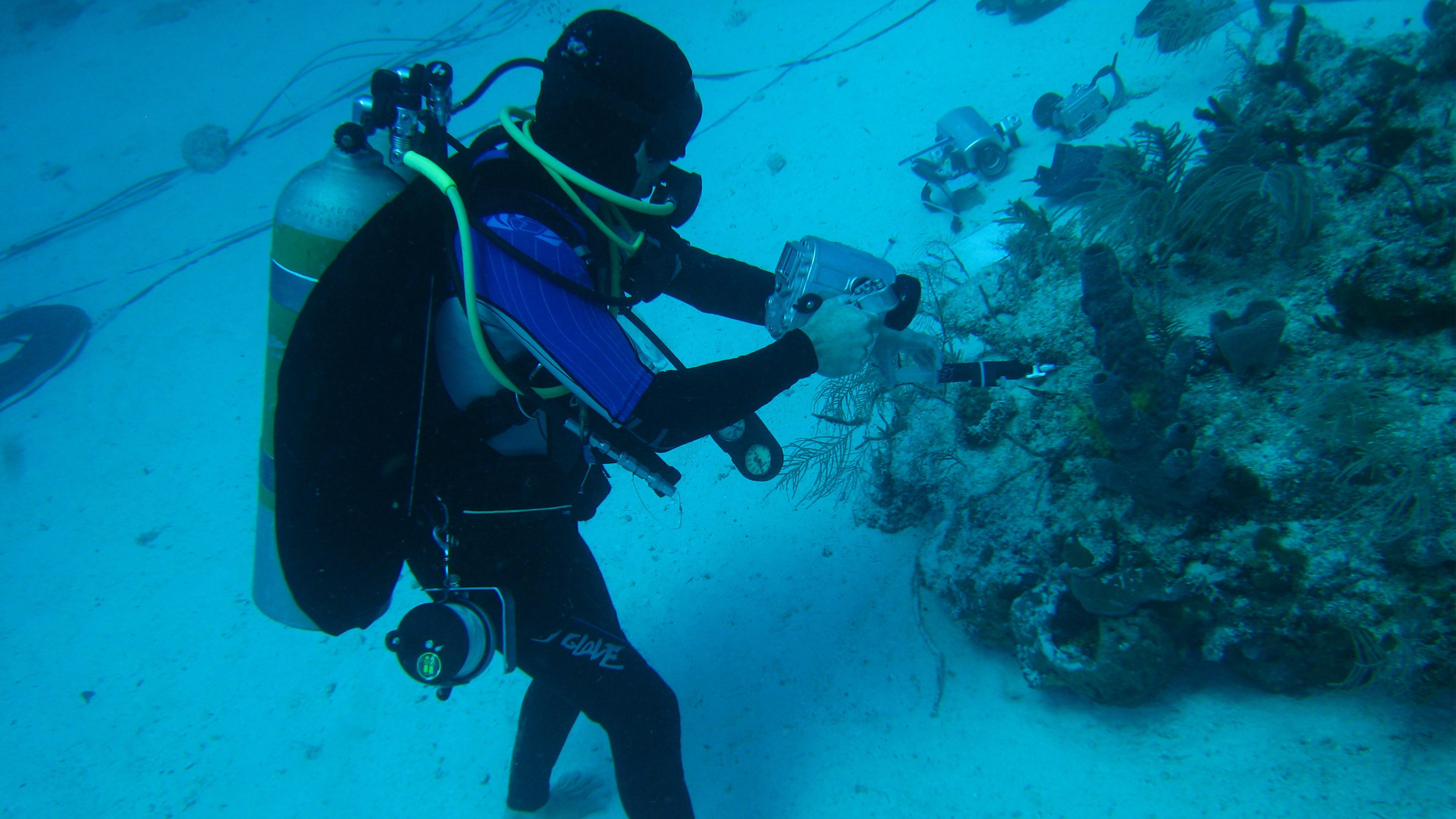
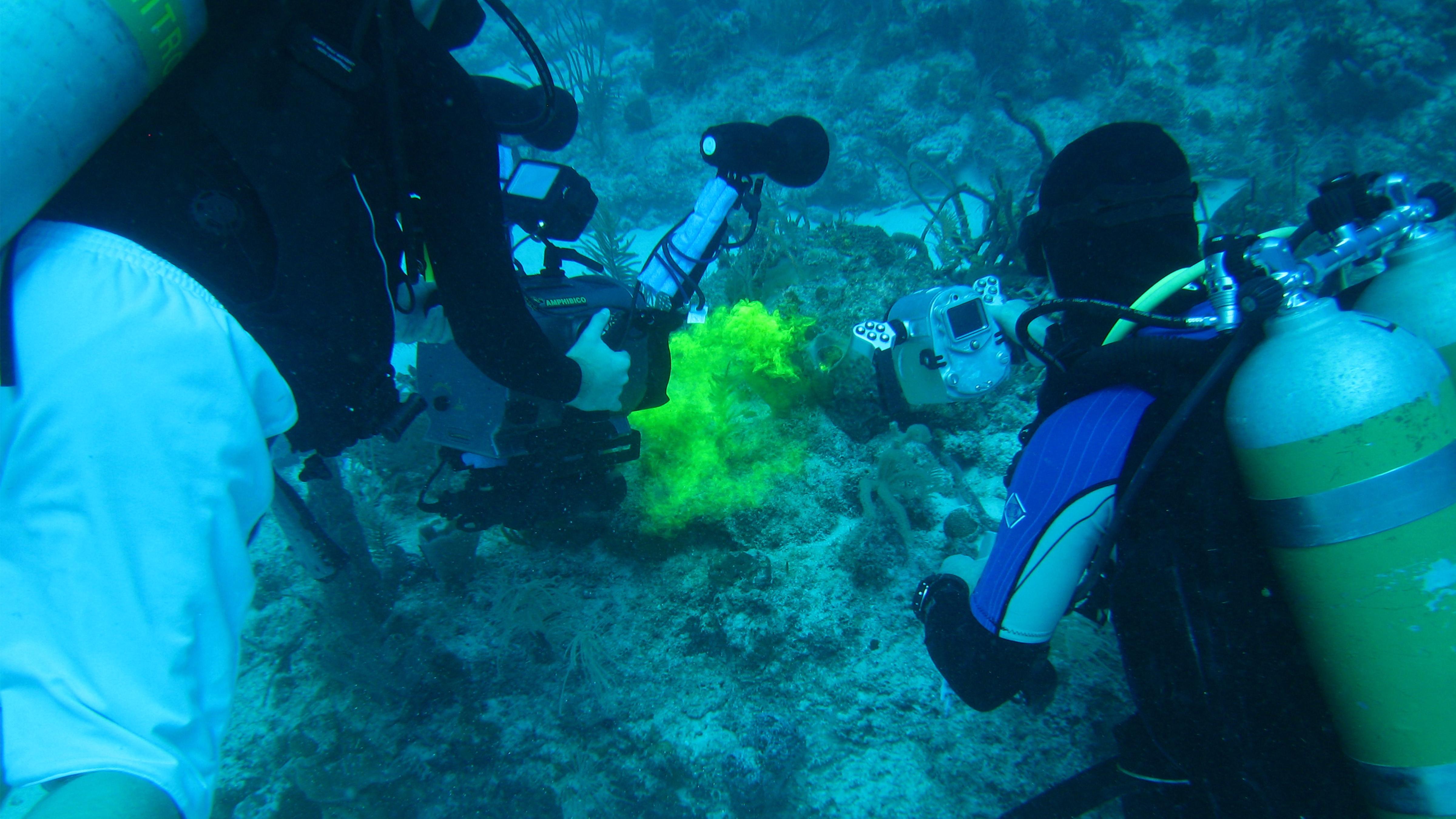
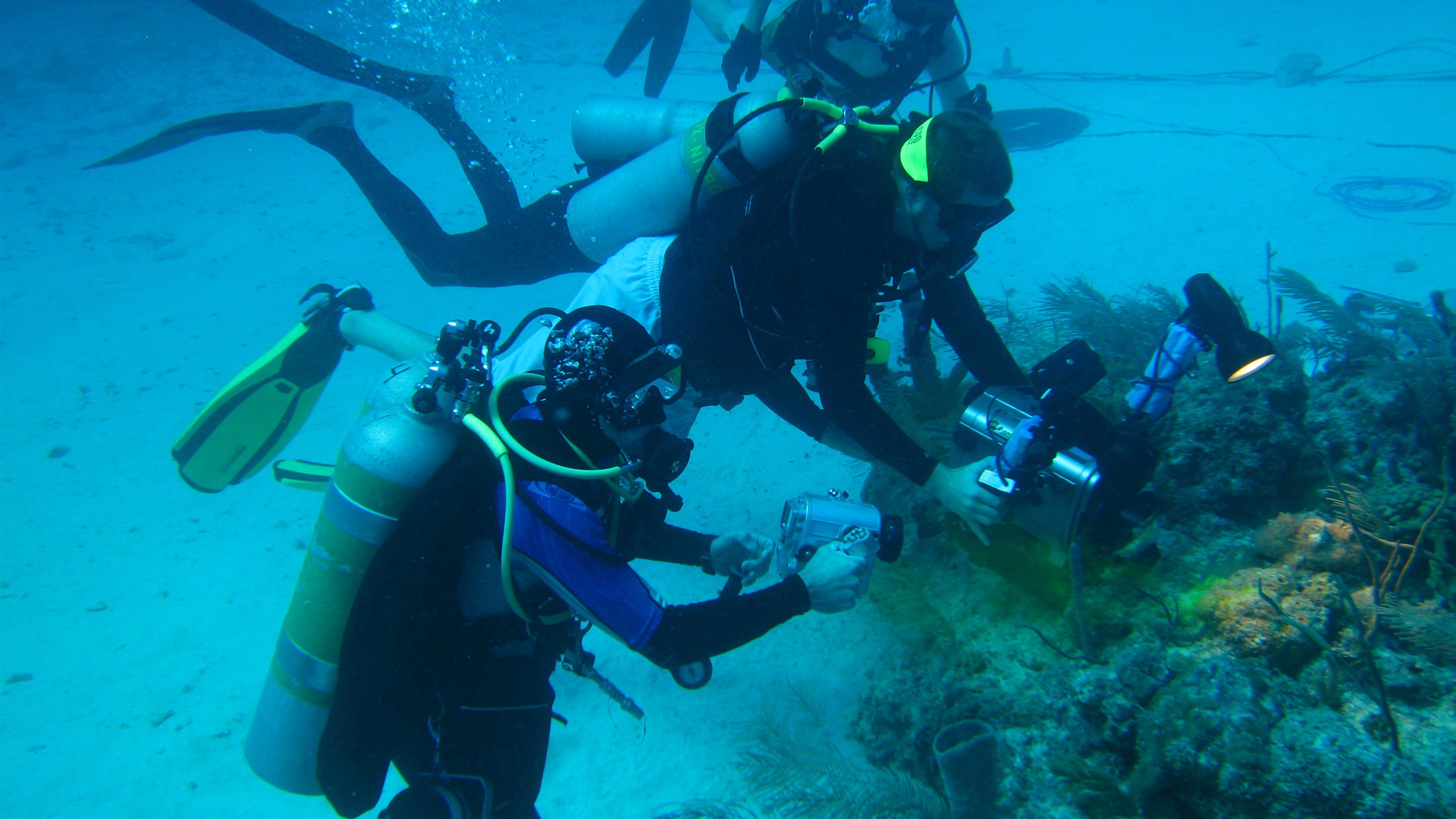
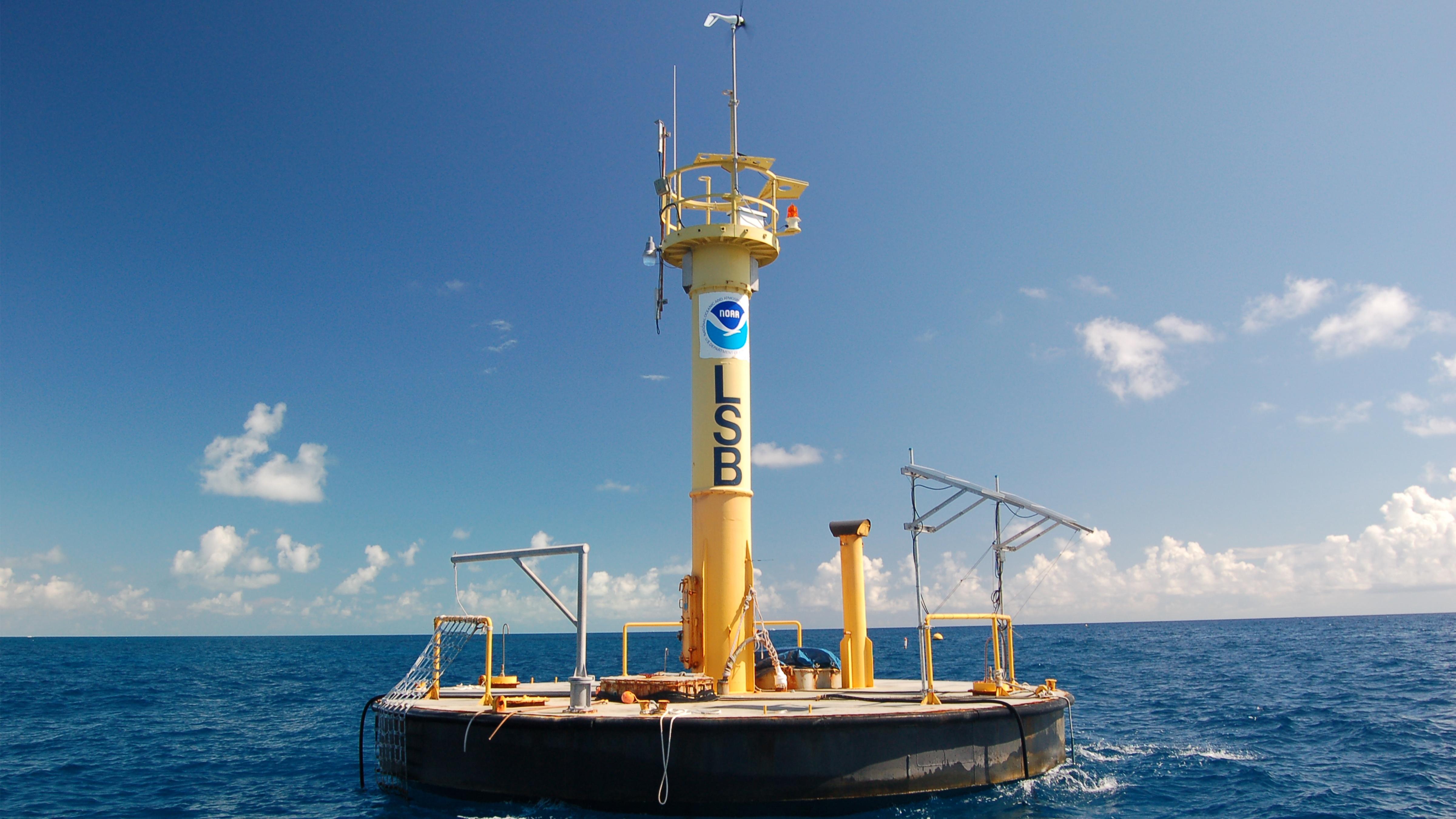
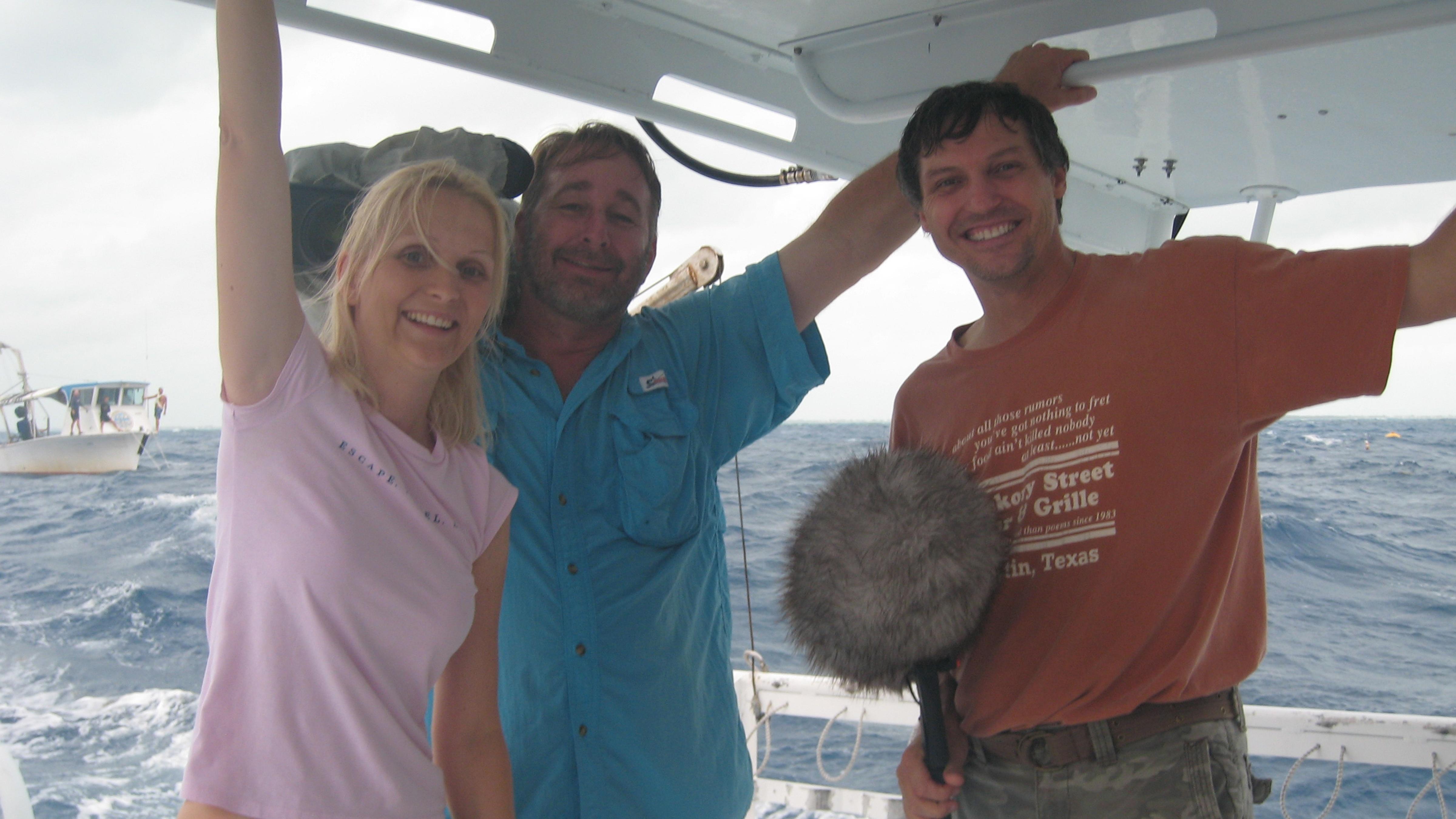
Special Thanks:
Bayside Inn Key Largo
99490 Overseas Highway
Key Largo, FL 33037
(800) 242-5229
The Pelican
99340 Overseas Highway
Key Largo, FL 33037
(877) 451-3576
Image Credits
Changing Seas would like to thank the following individuals and institutions who kindly allowed their footage, images and other media to be used in this production:
Chris Martens, Ph.D.
UNC-Chapel Hill
Department of Marine Sciences
Dominic Landucci
NOAA’s Aquarius Reef Base
Mario Deas
National Park Service
South Florida/Caribbean Inventory and Monitoring Network
Justin B. Ries, Ph.D.
UNC-Chapel Hill
Department of Marine Sciences
Tom Kleindinst
Woods Hole Oceanographic Institution
Web Extras
Funding for this episode of Changing Seas was provided by:

